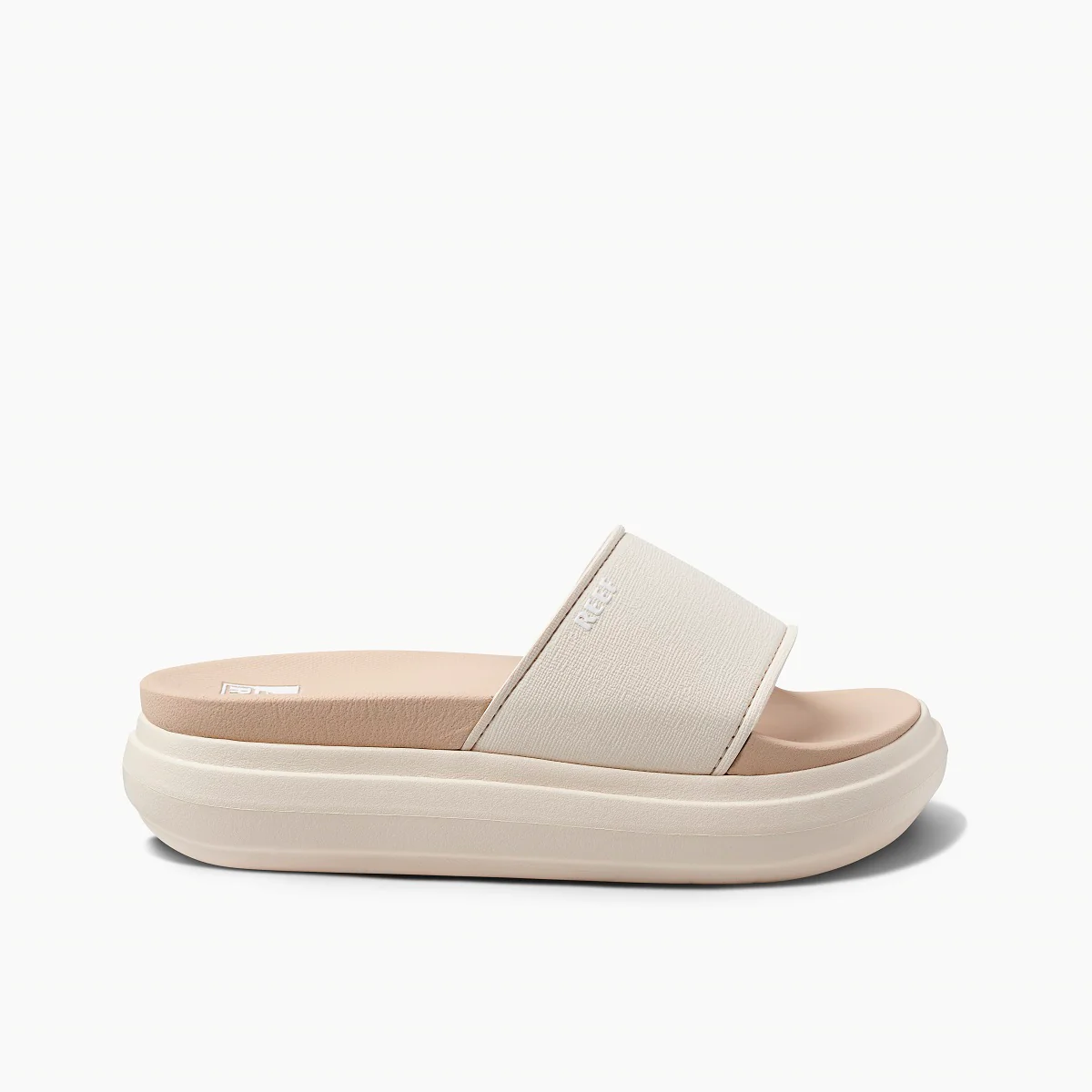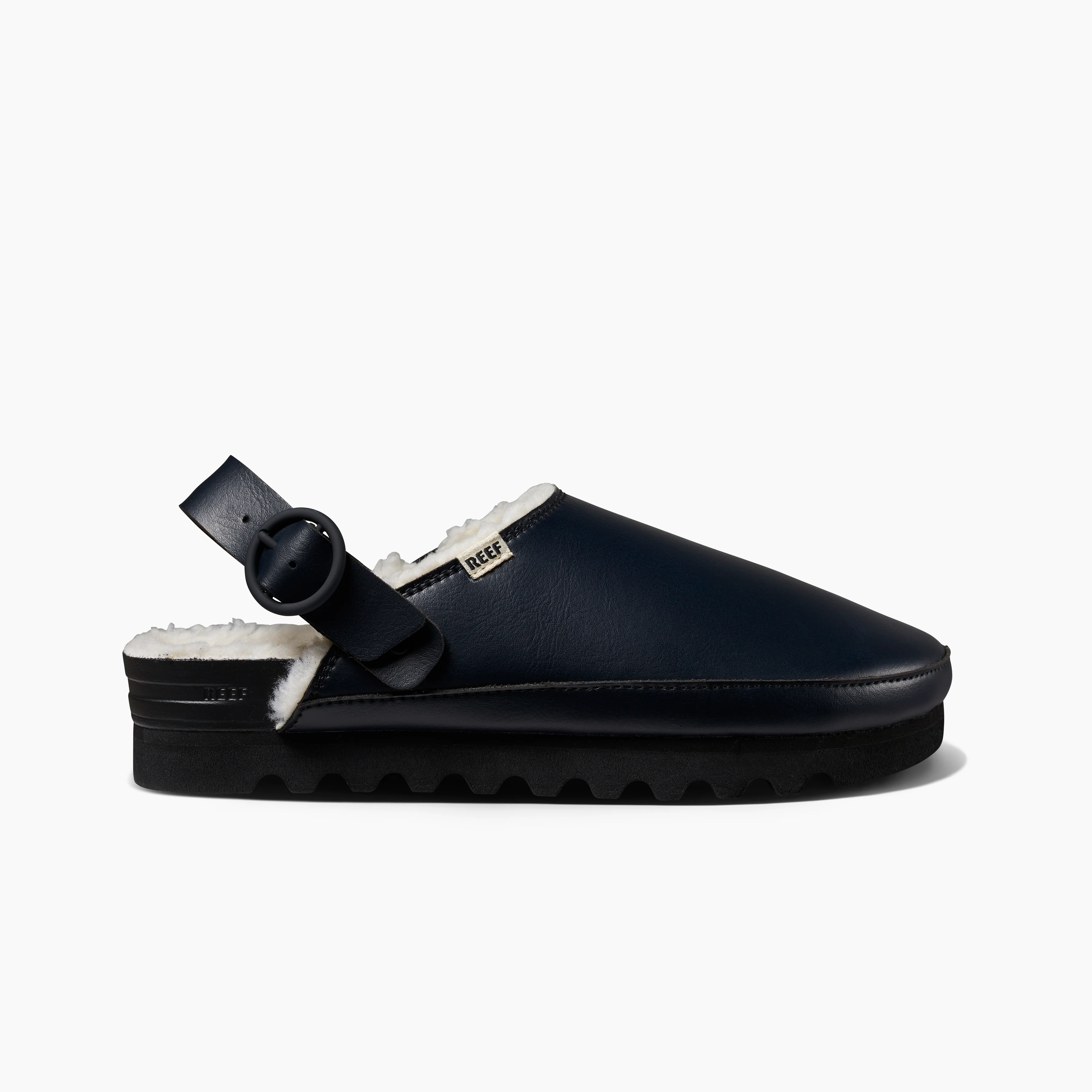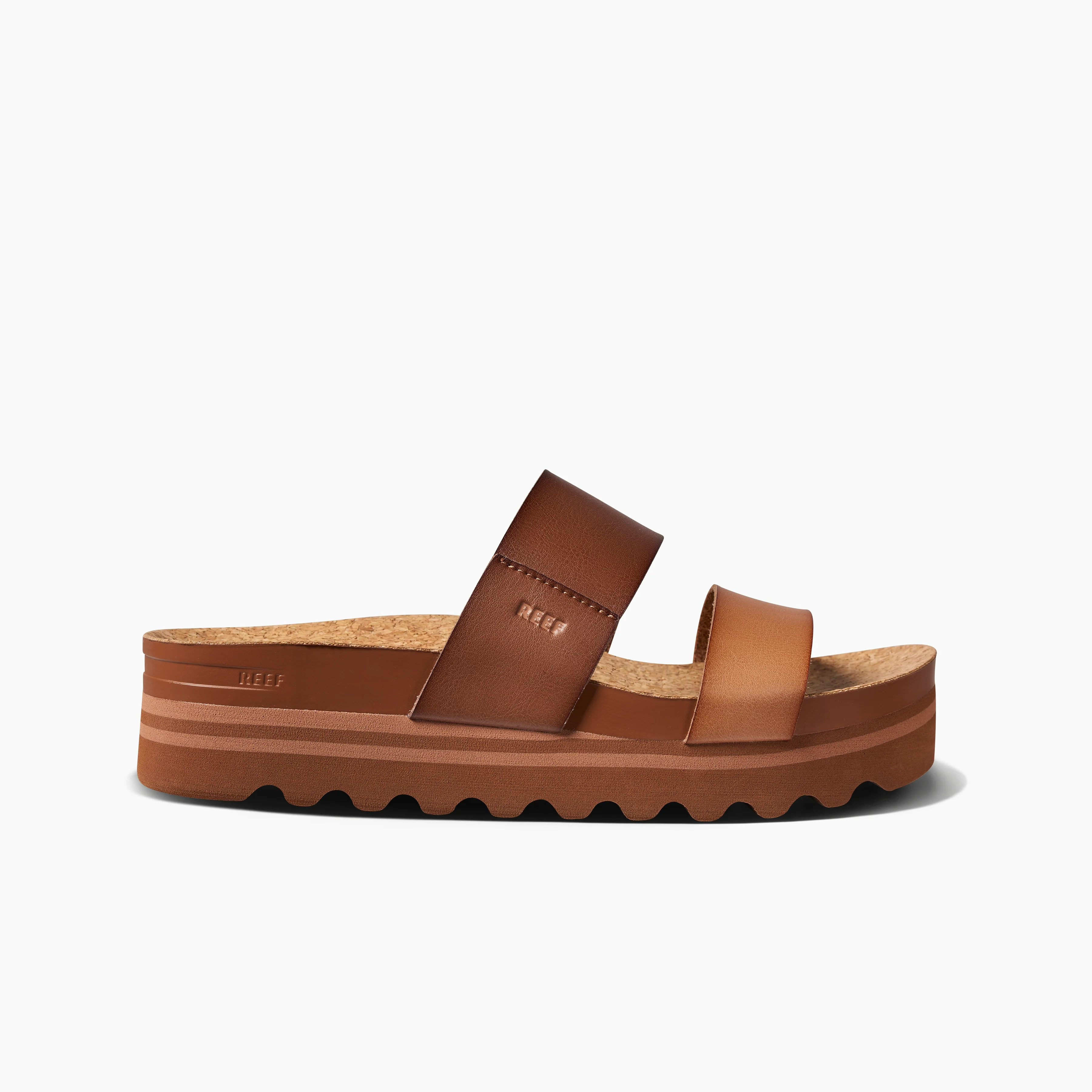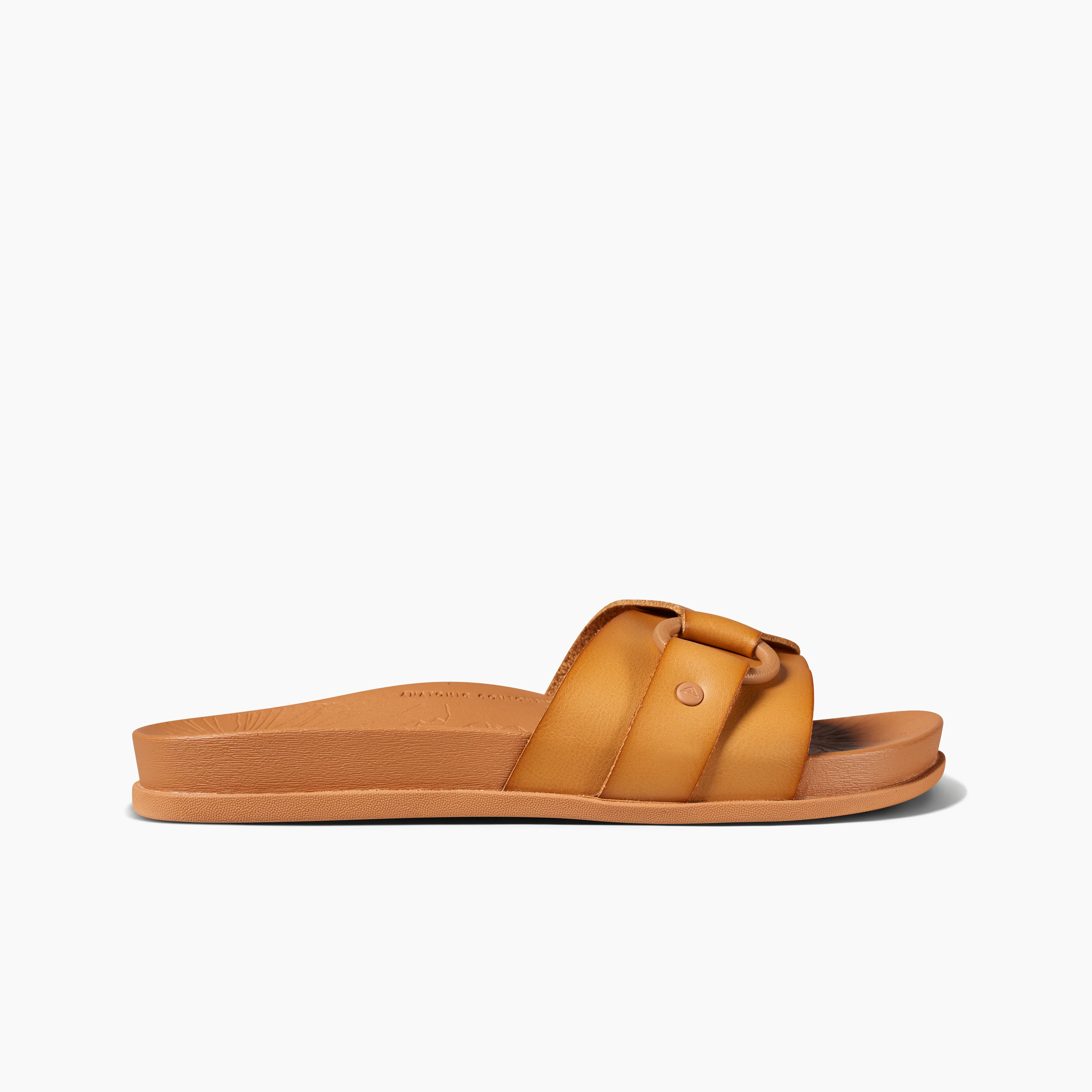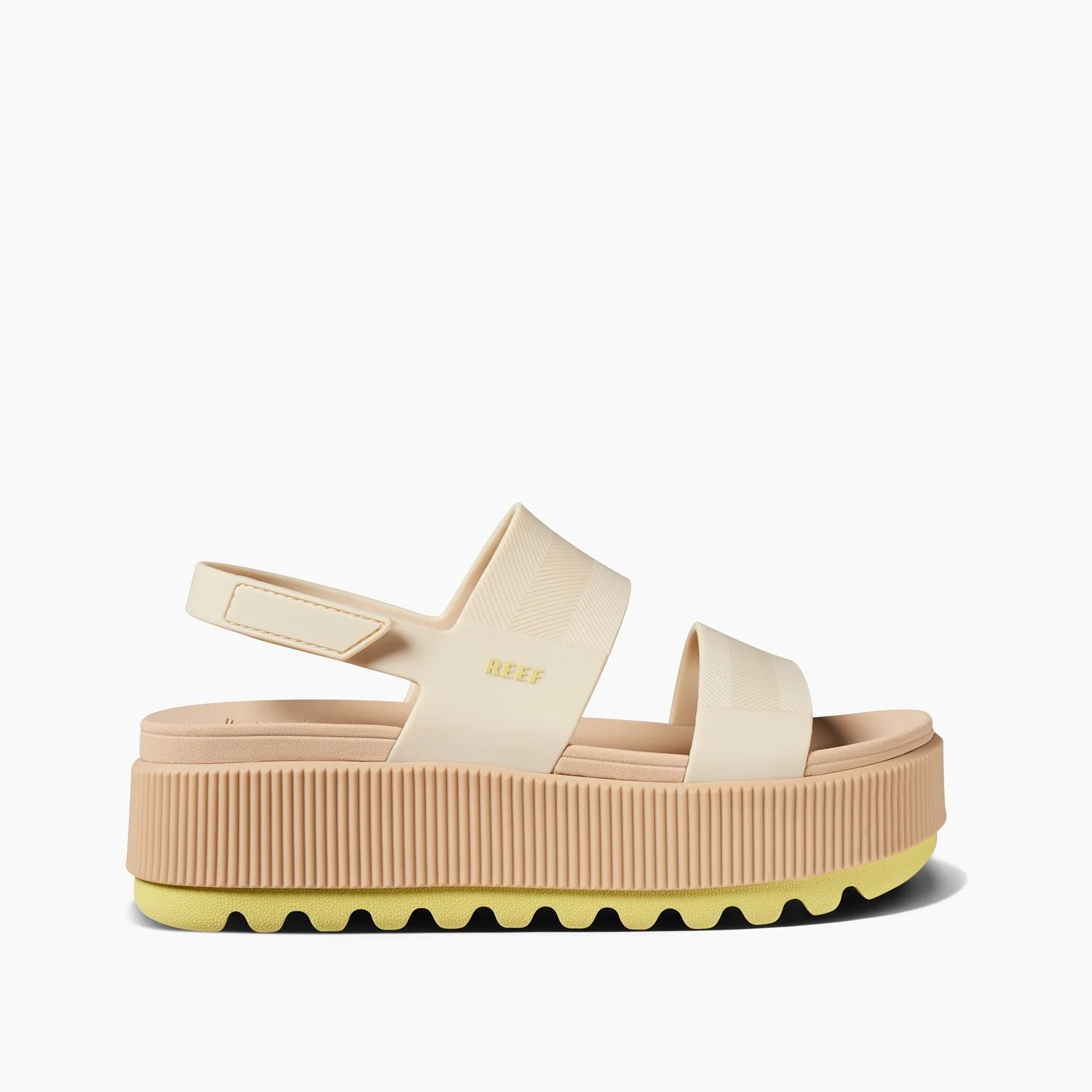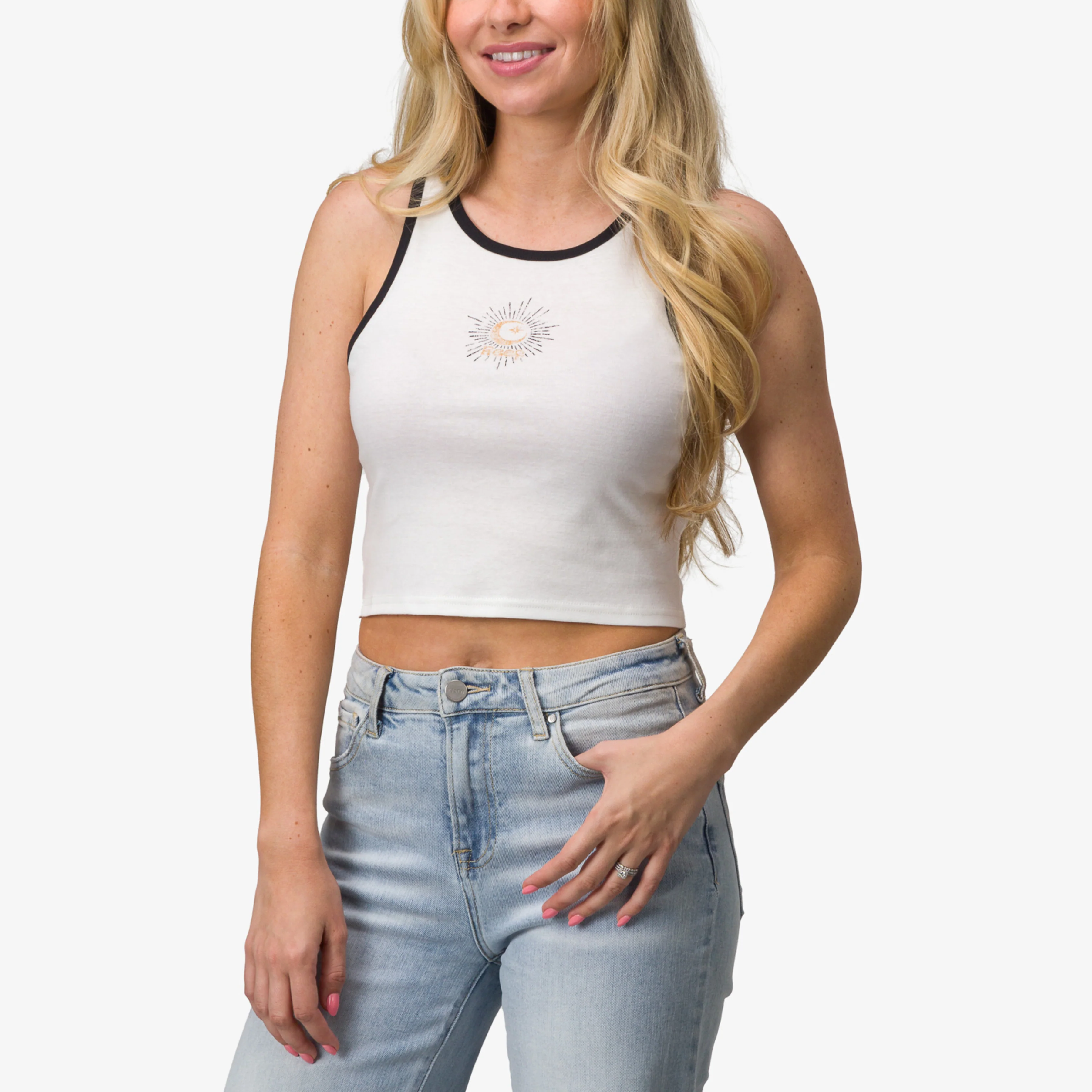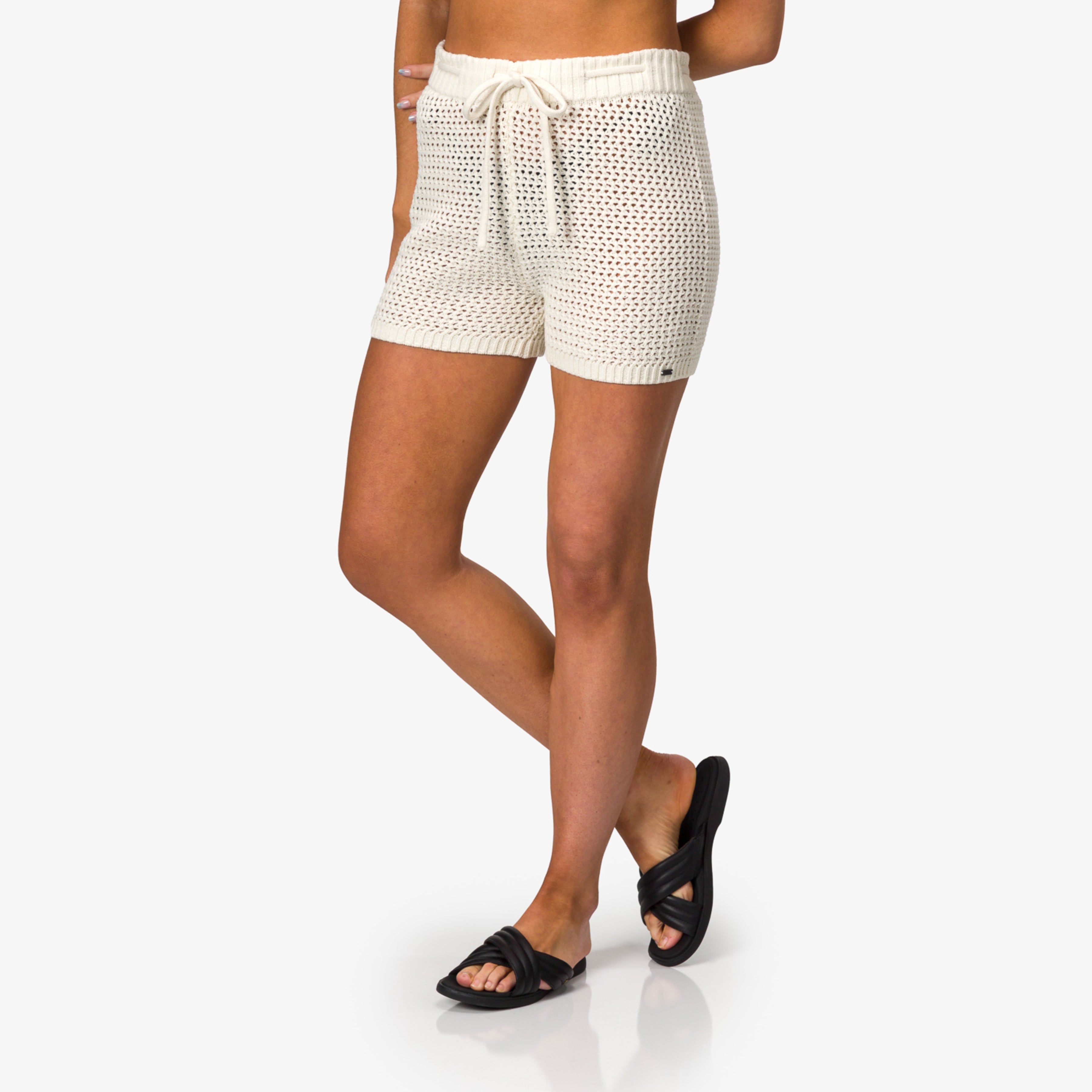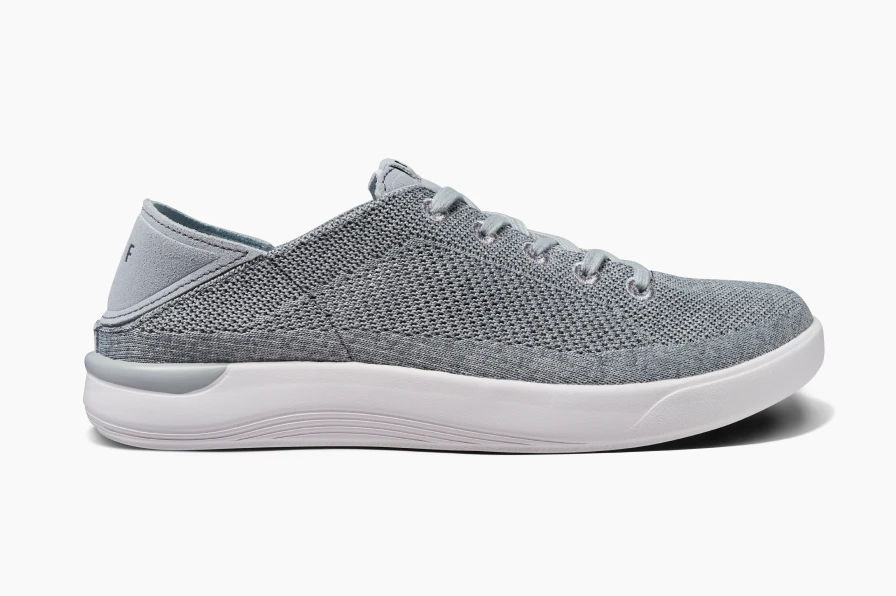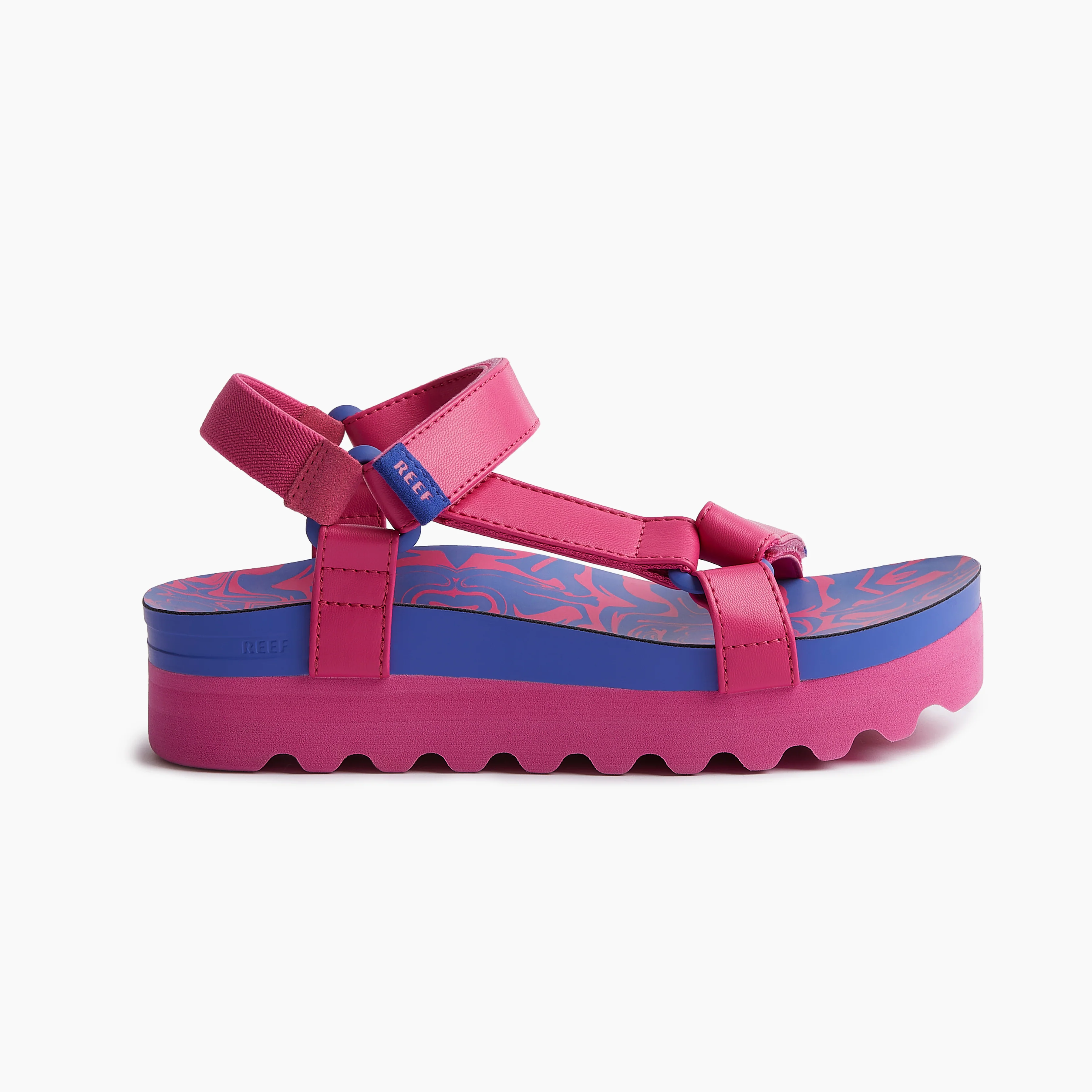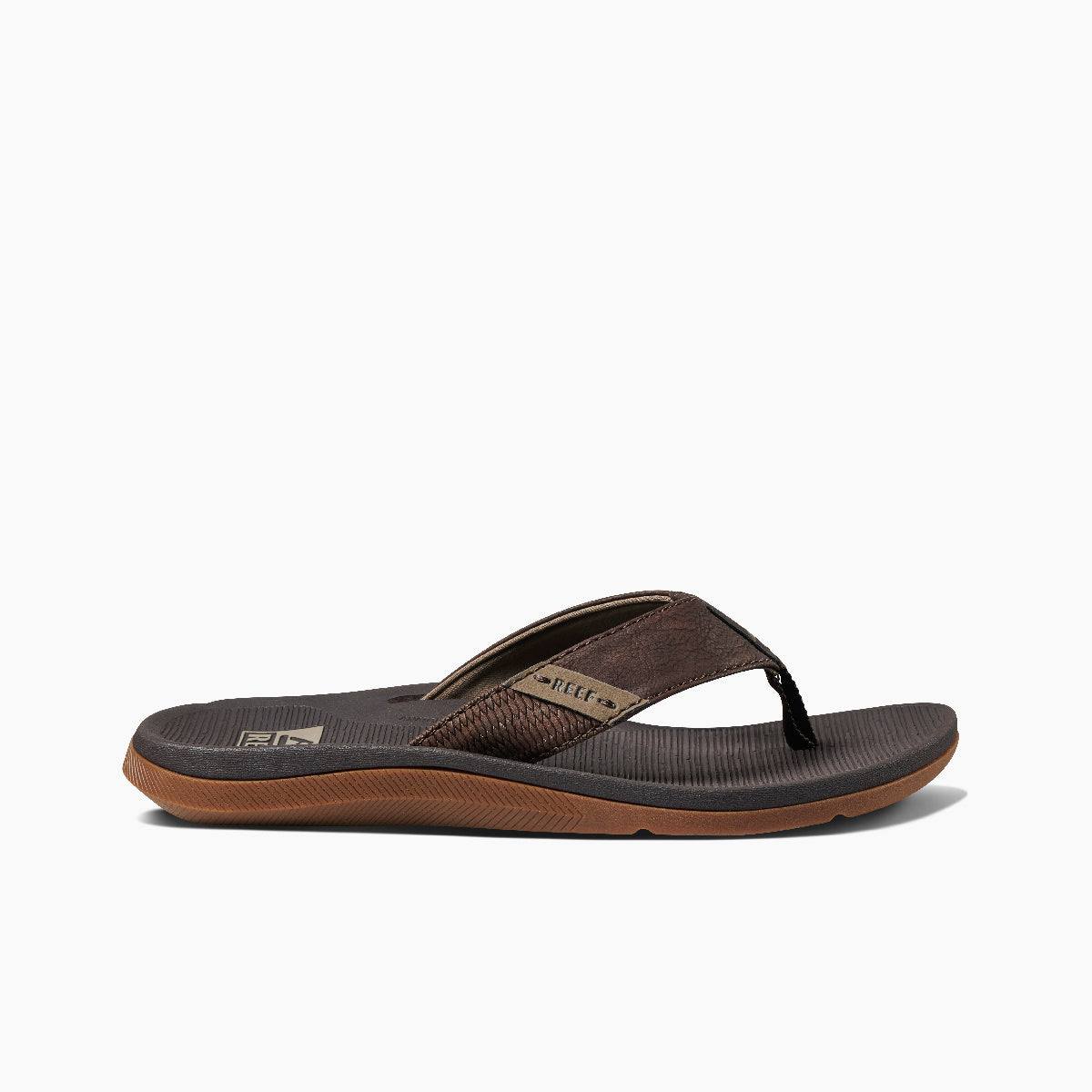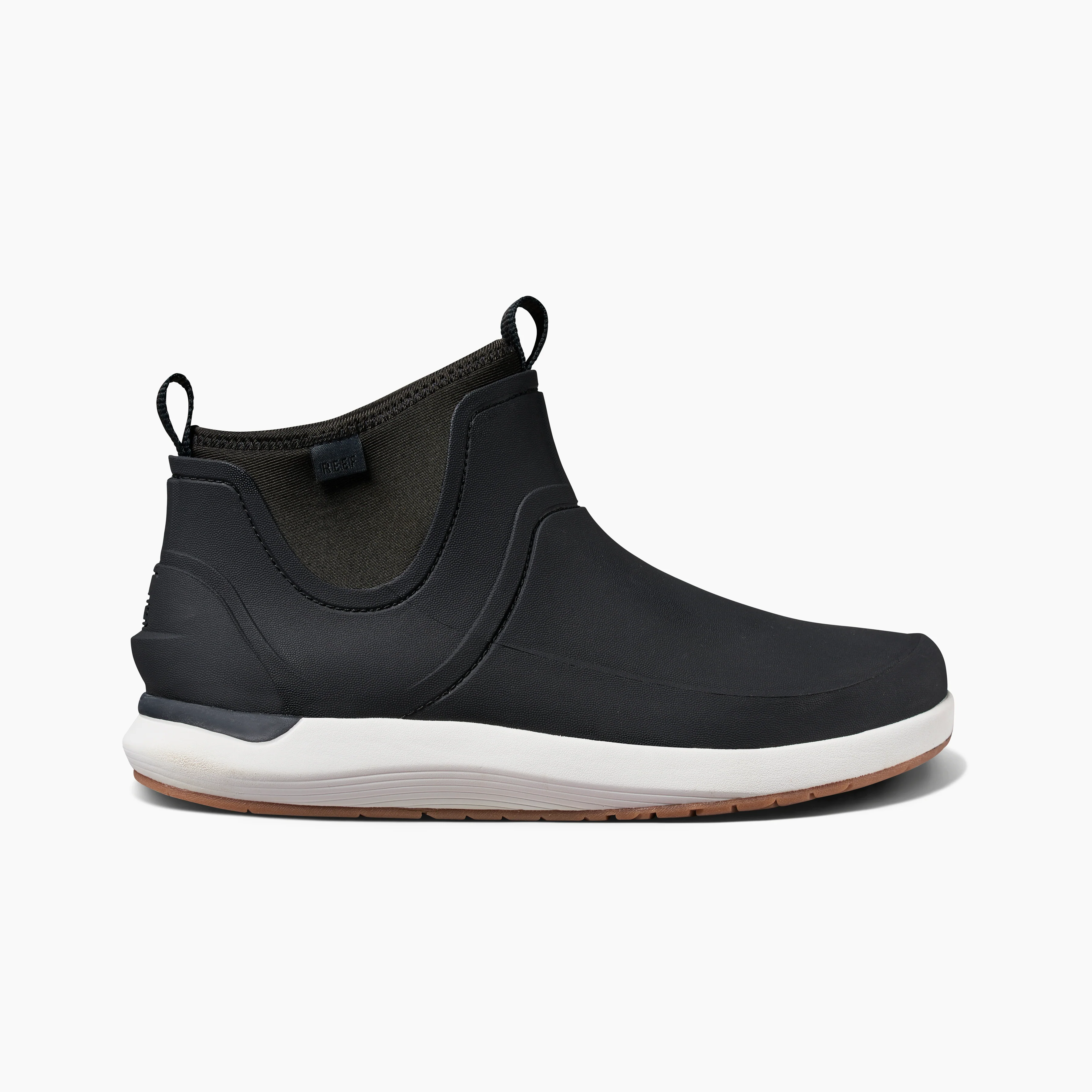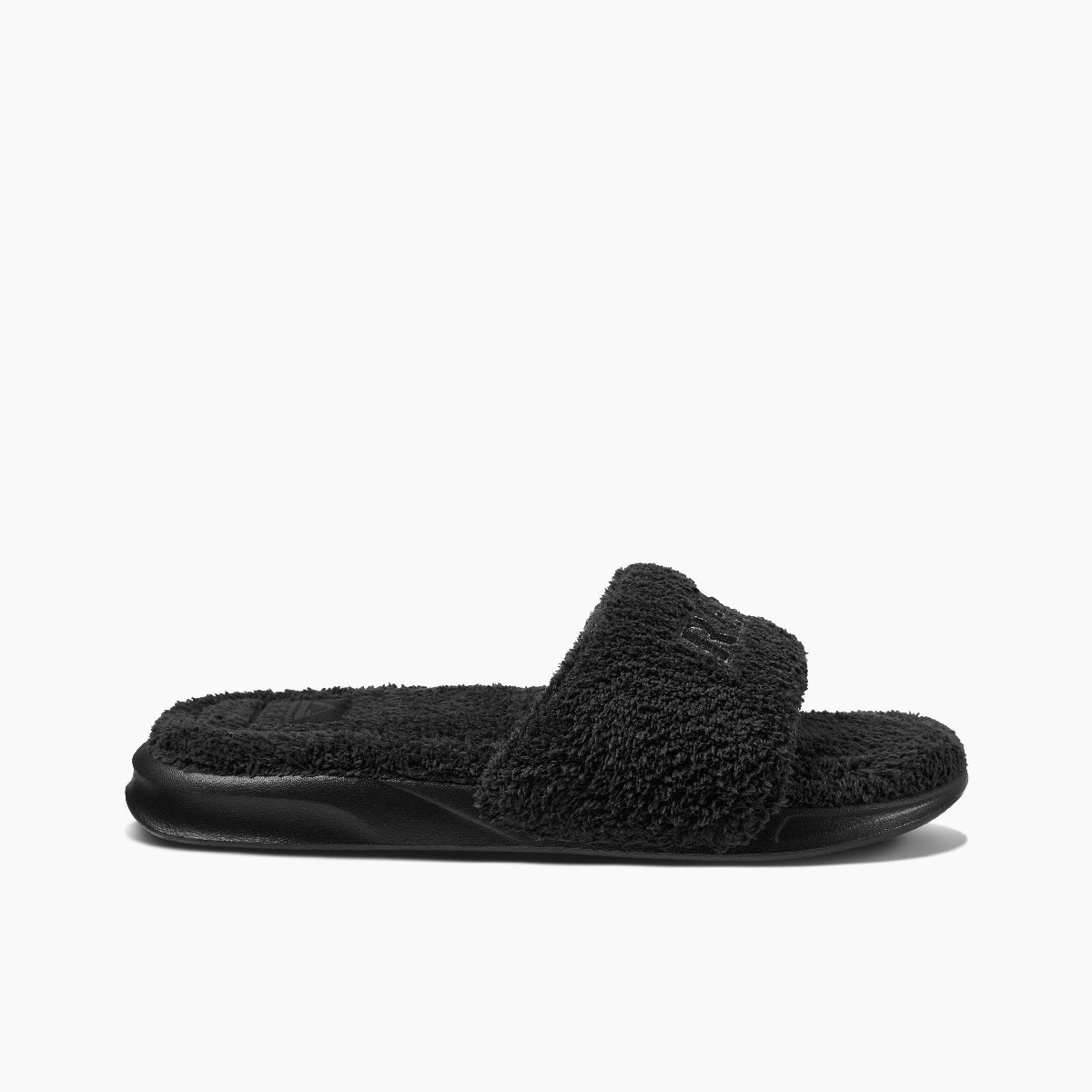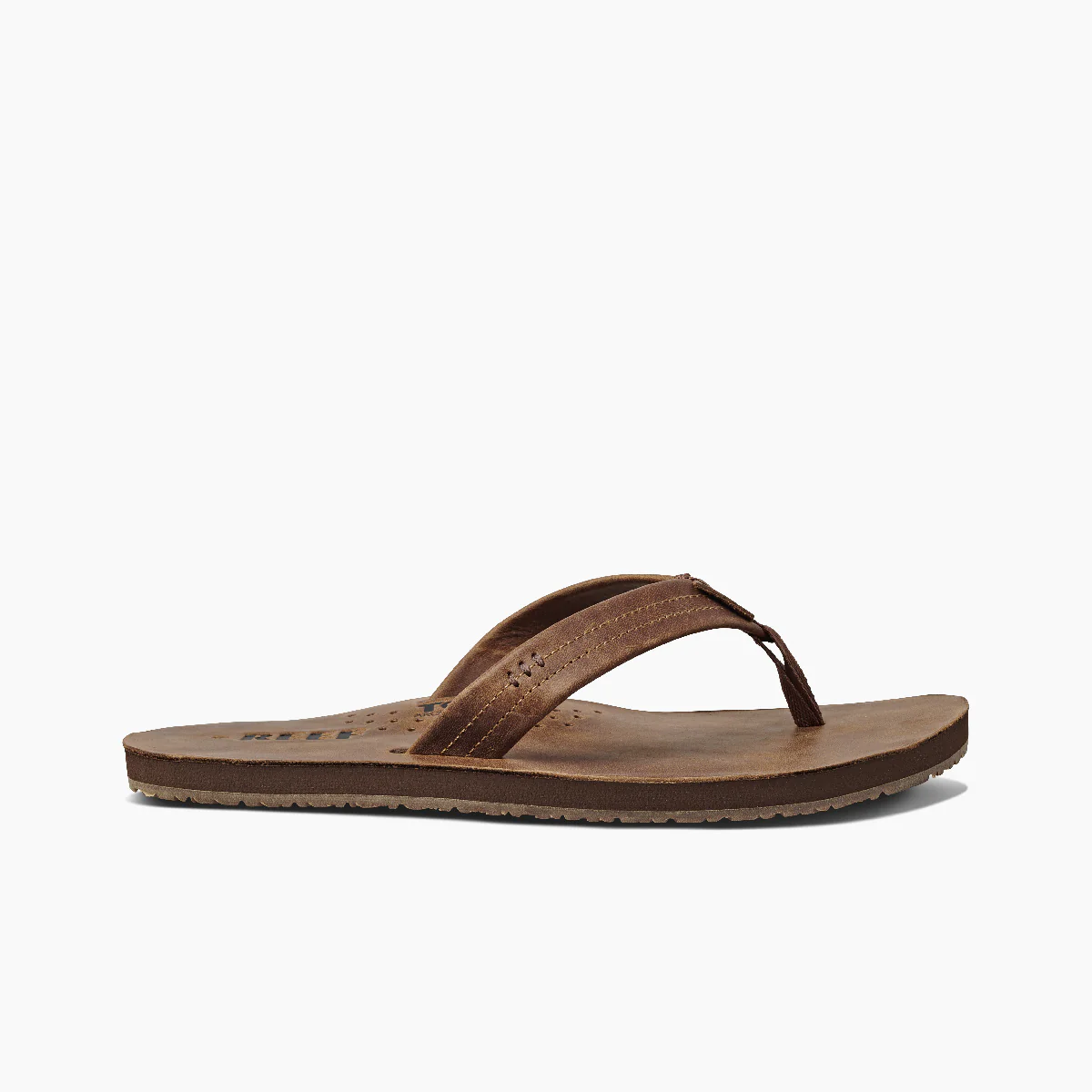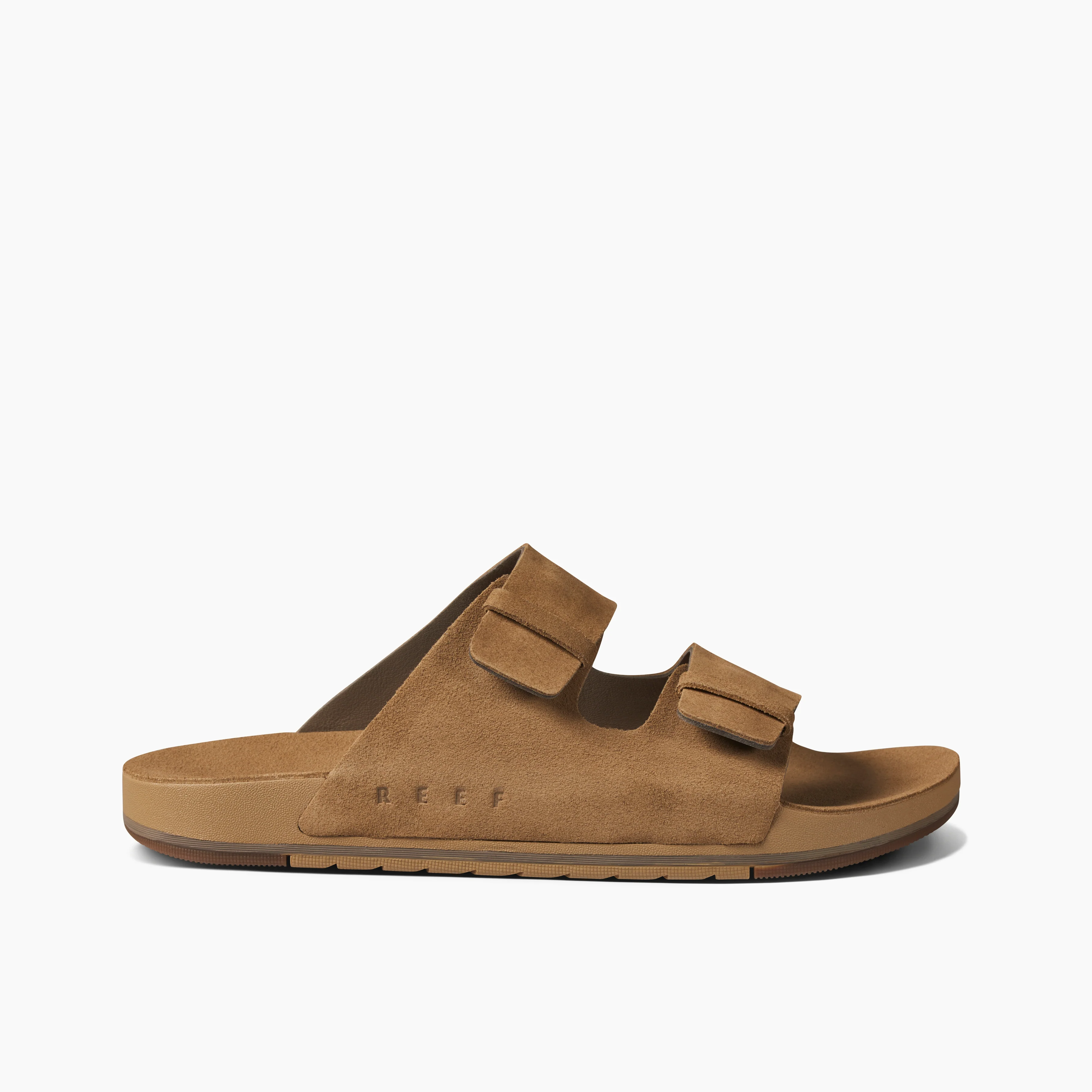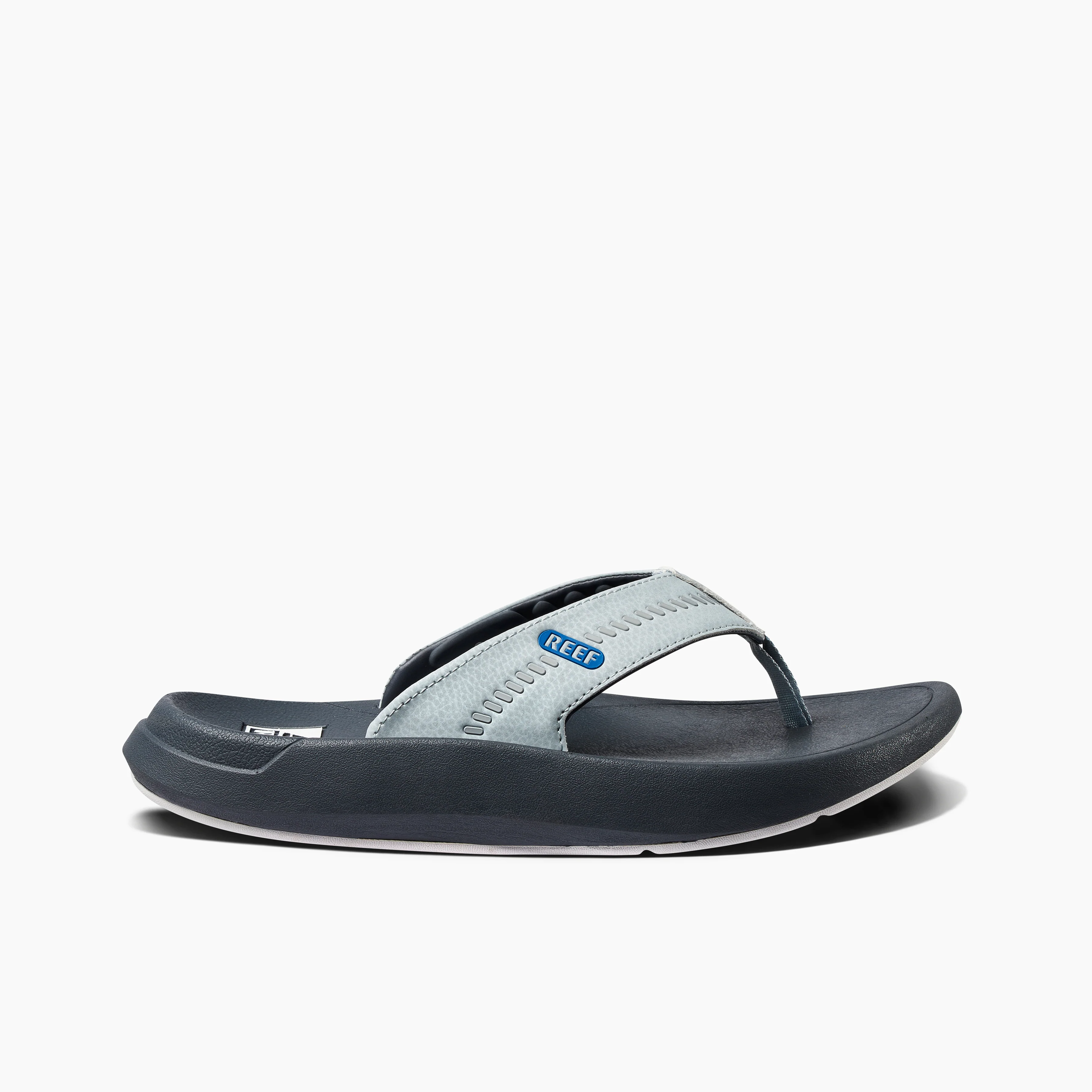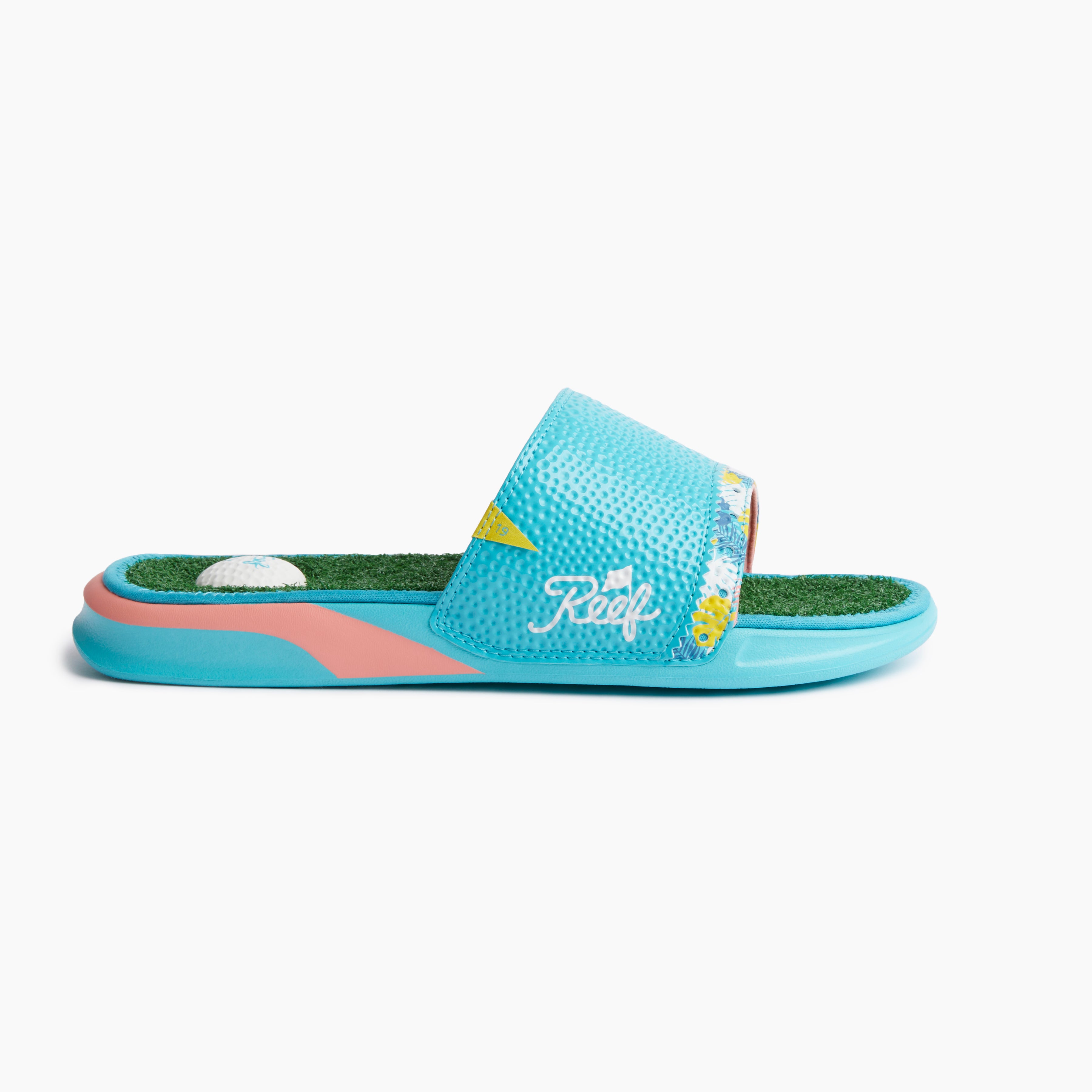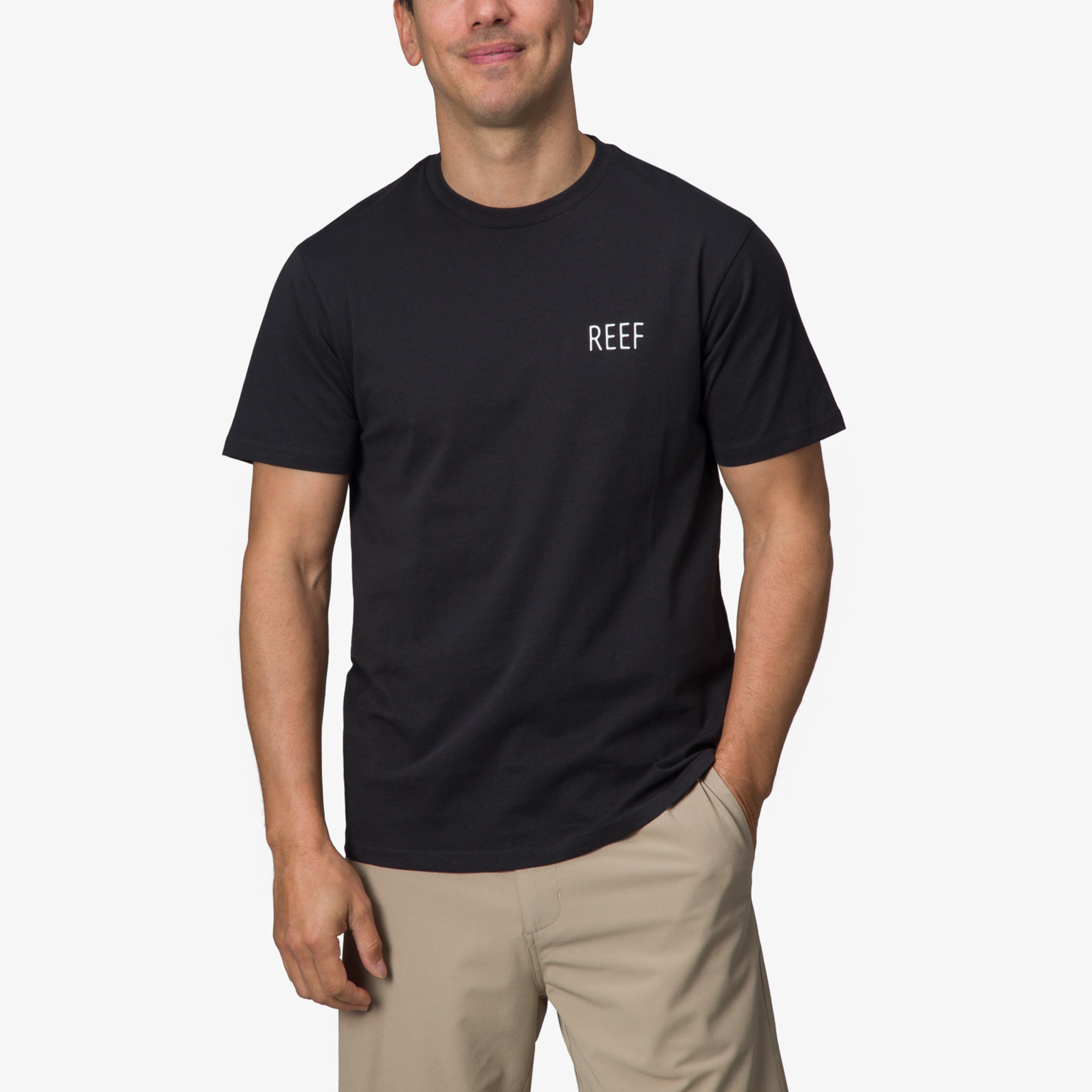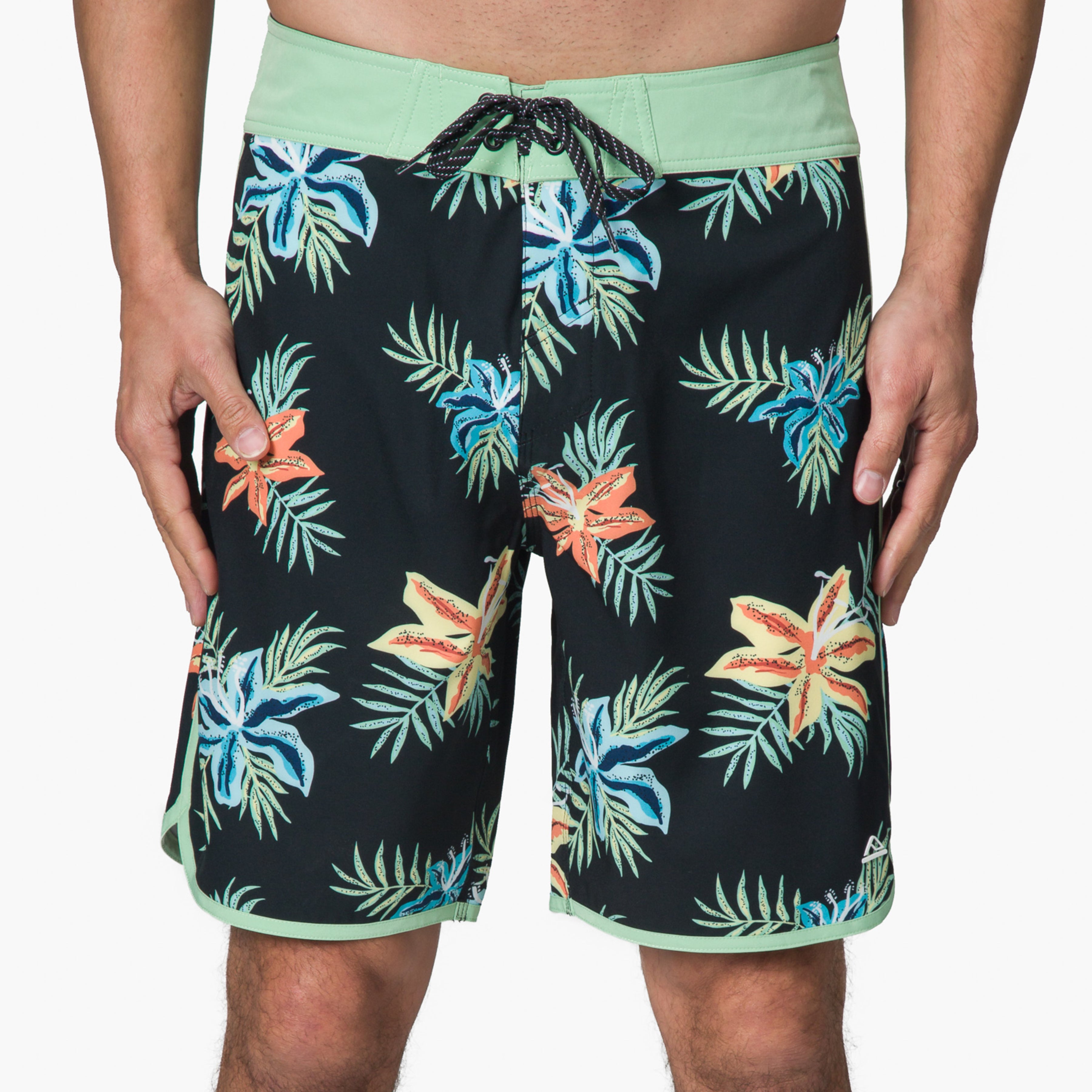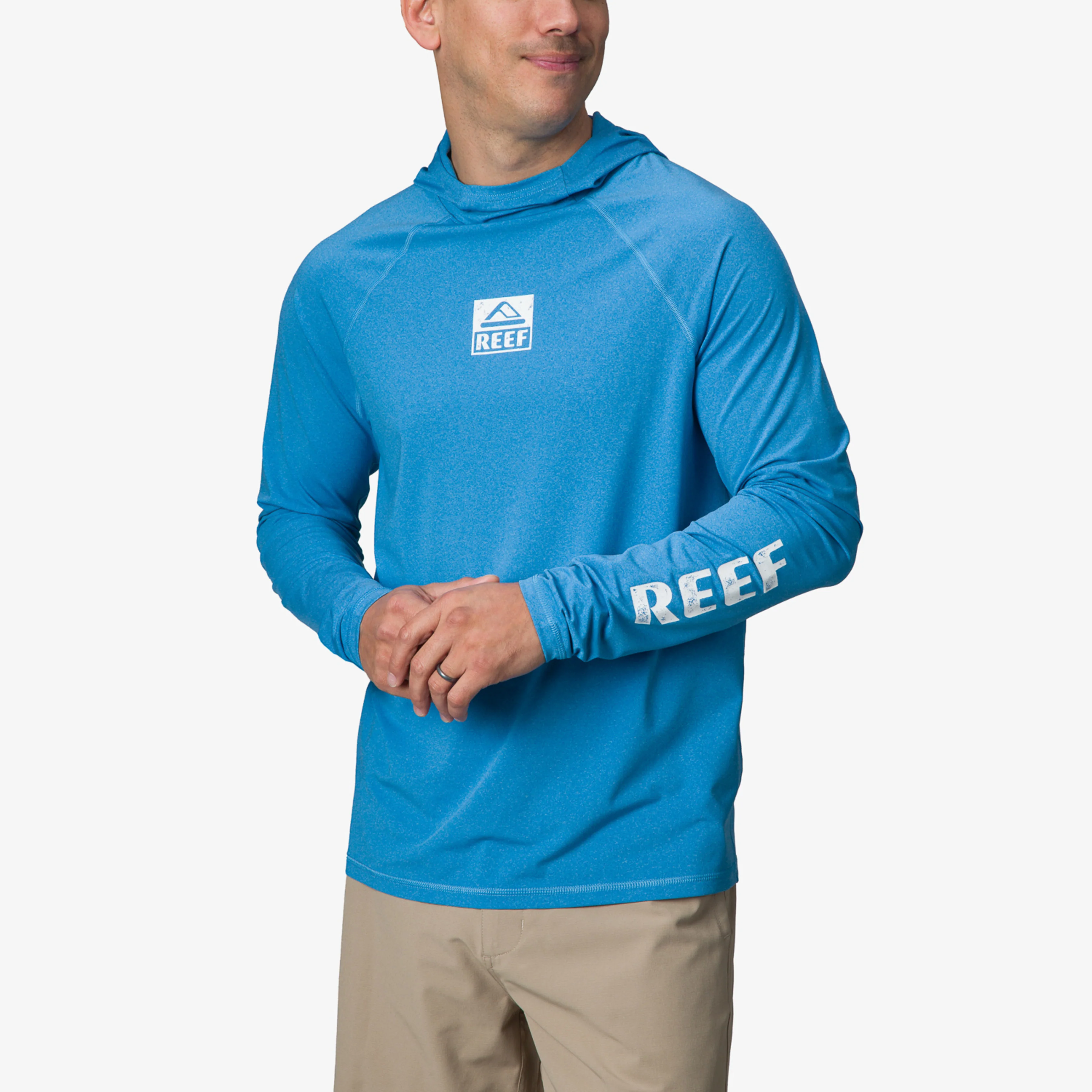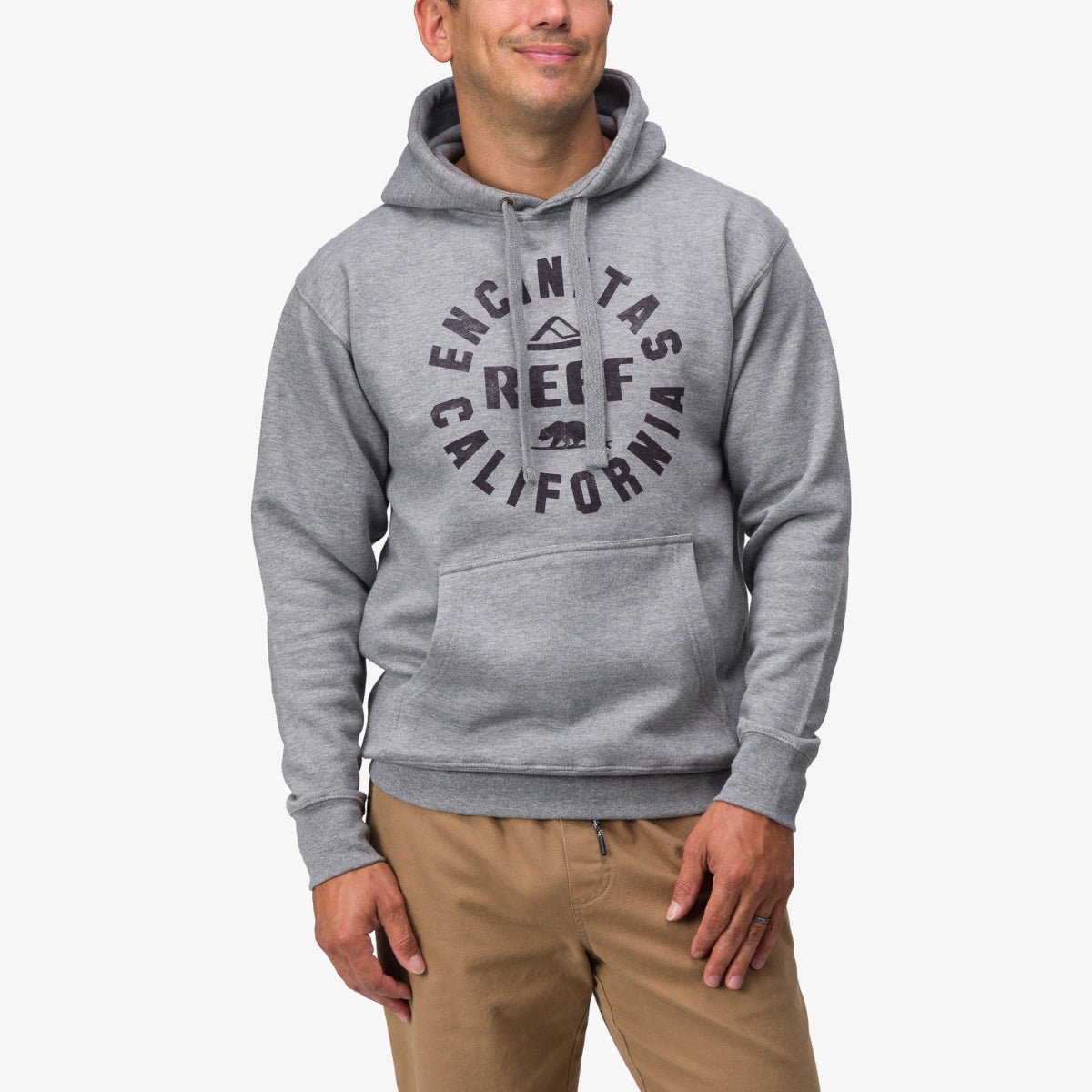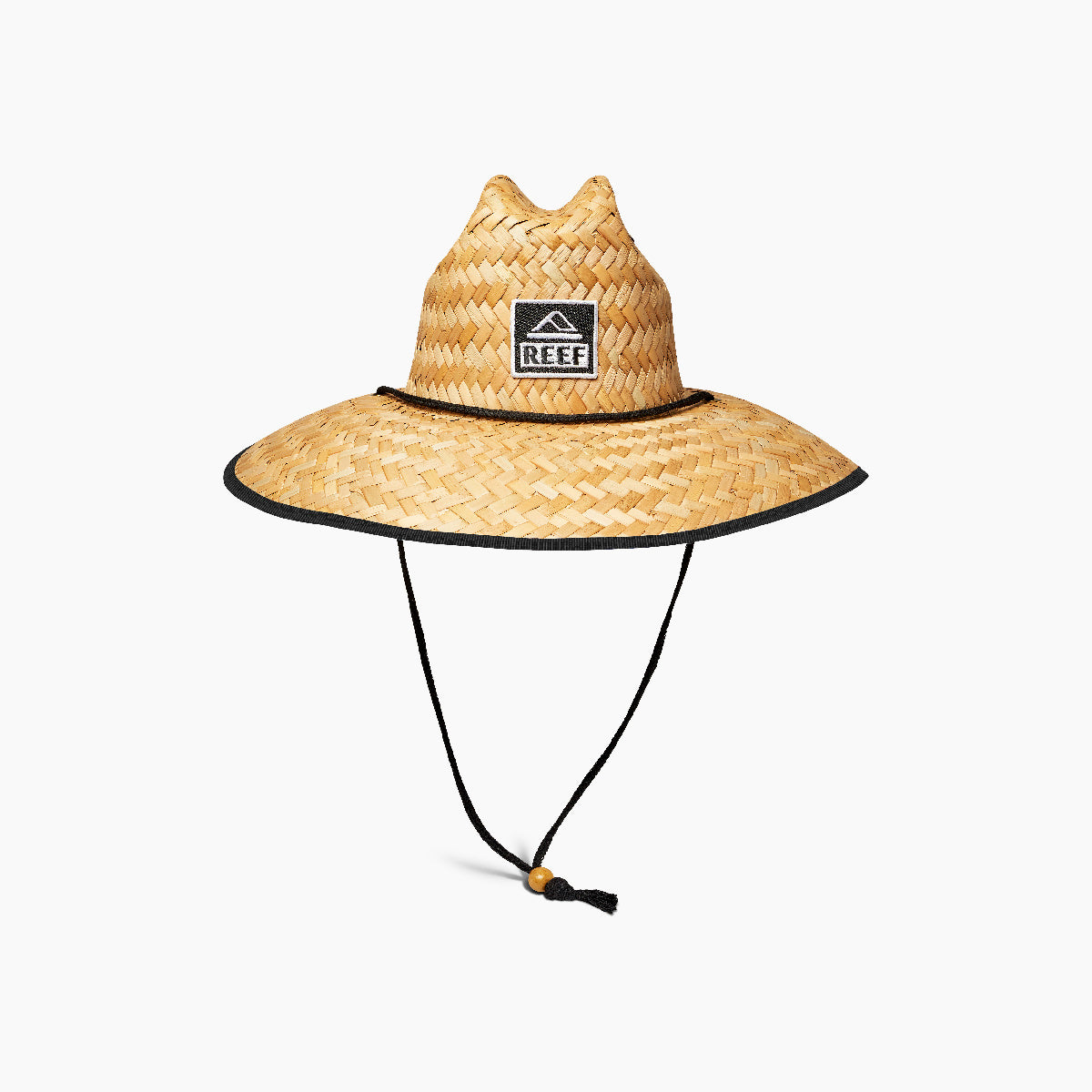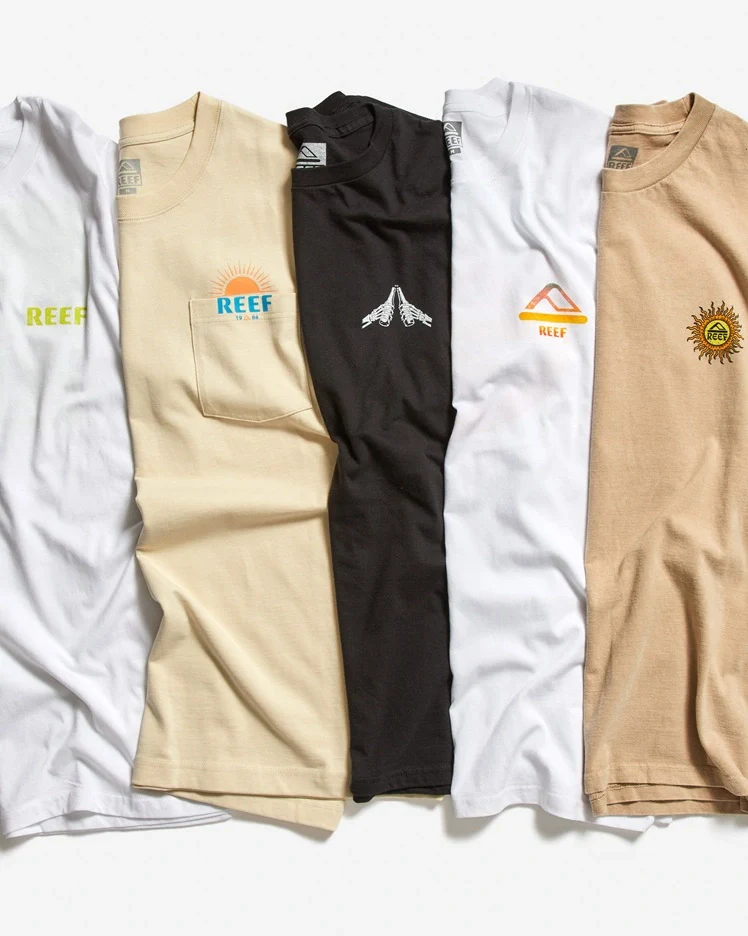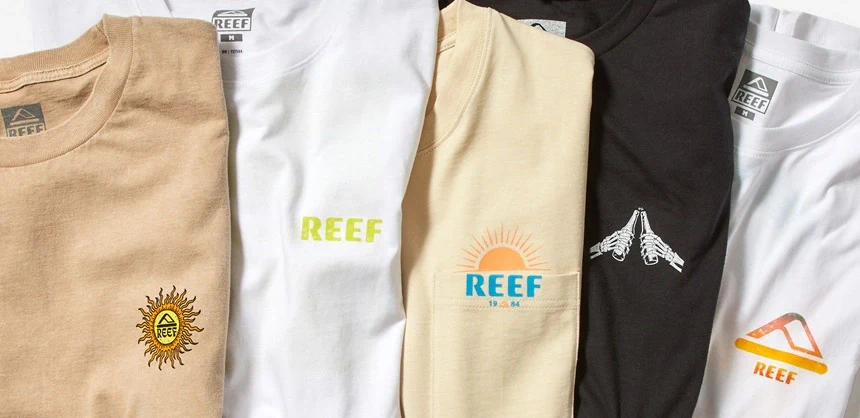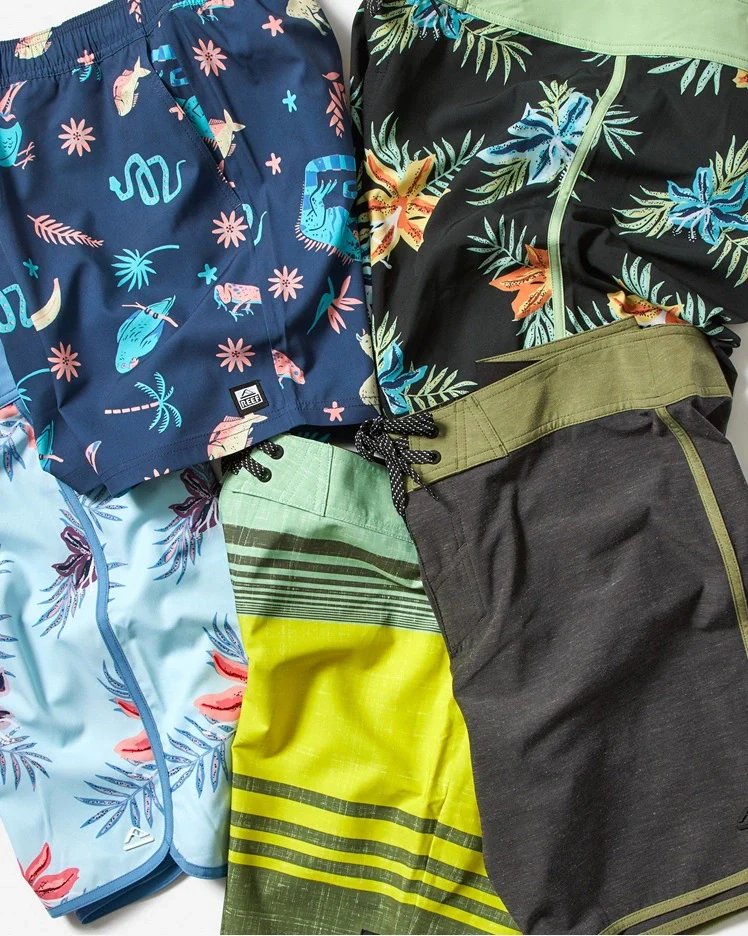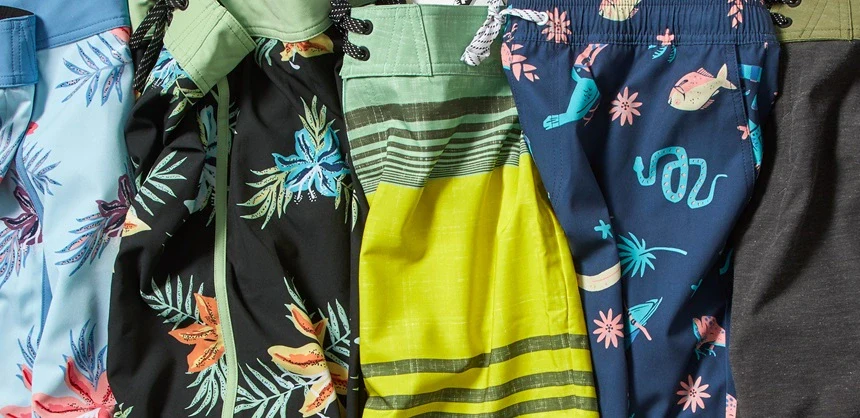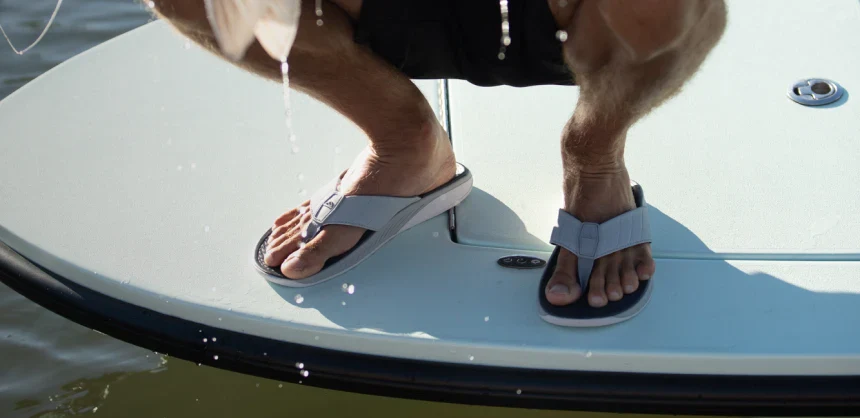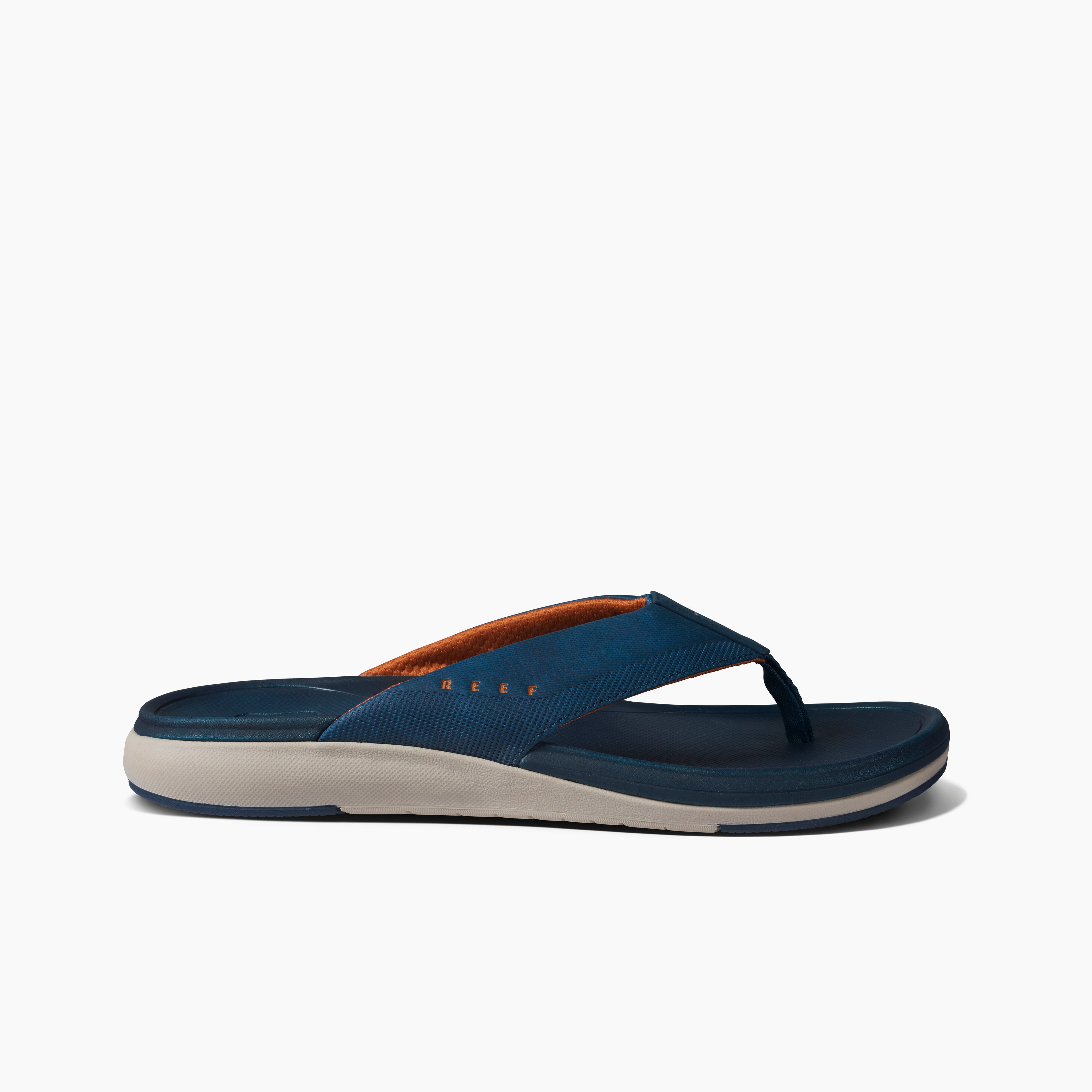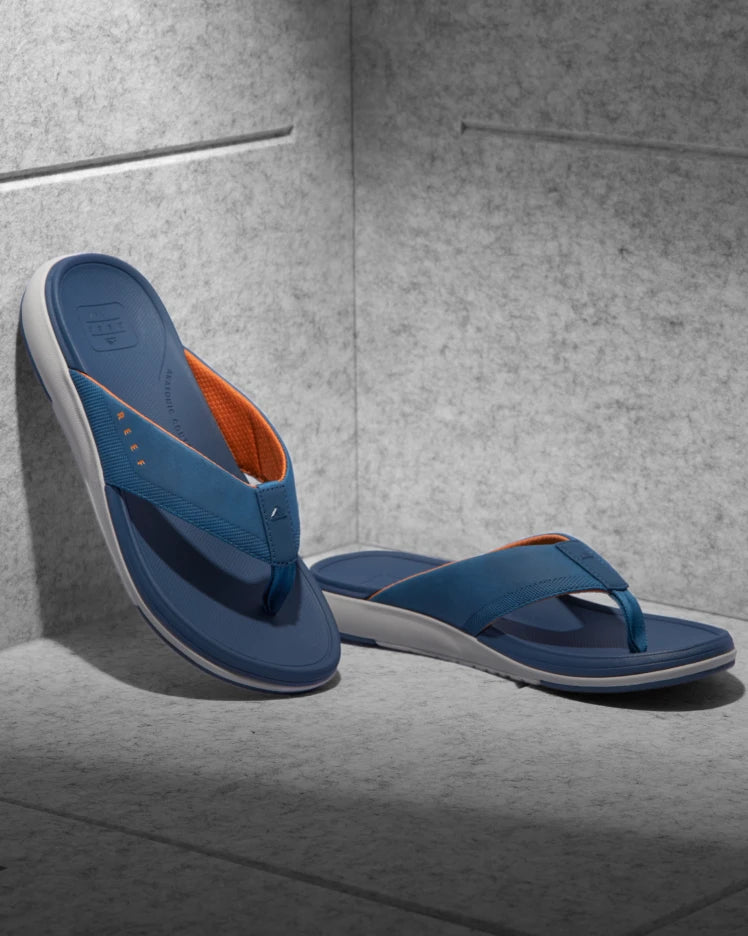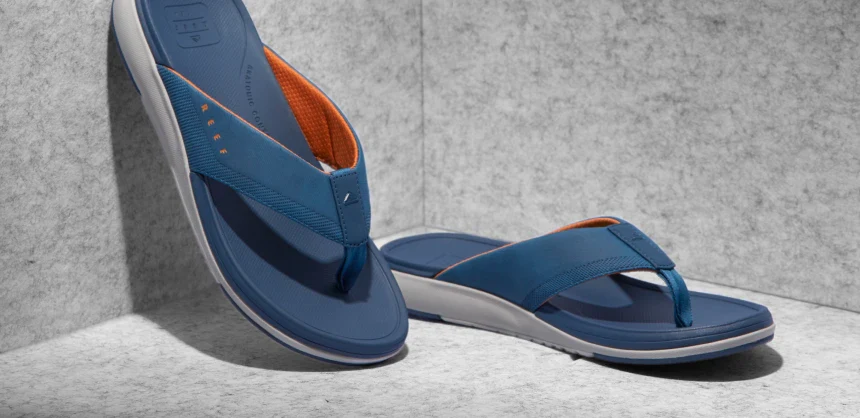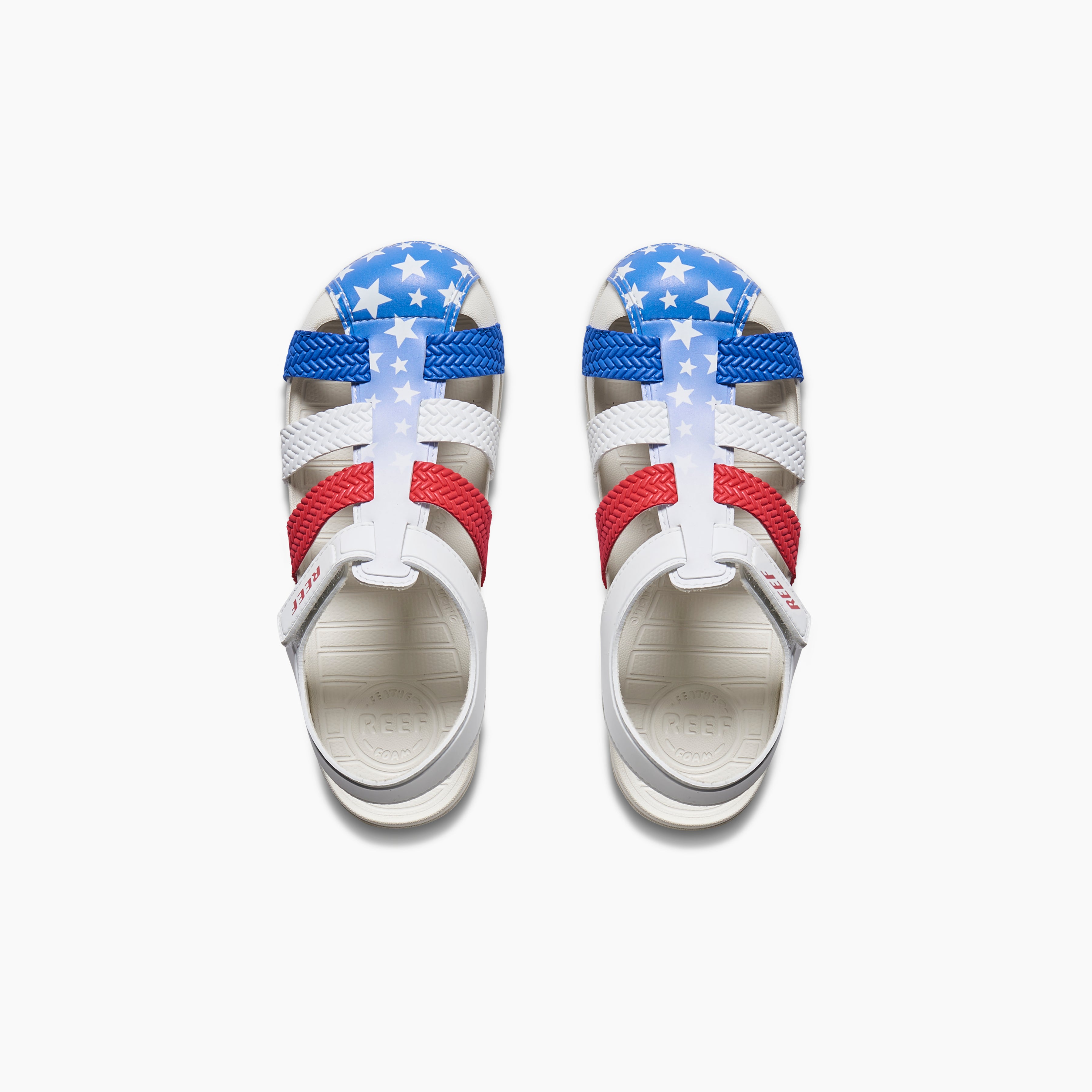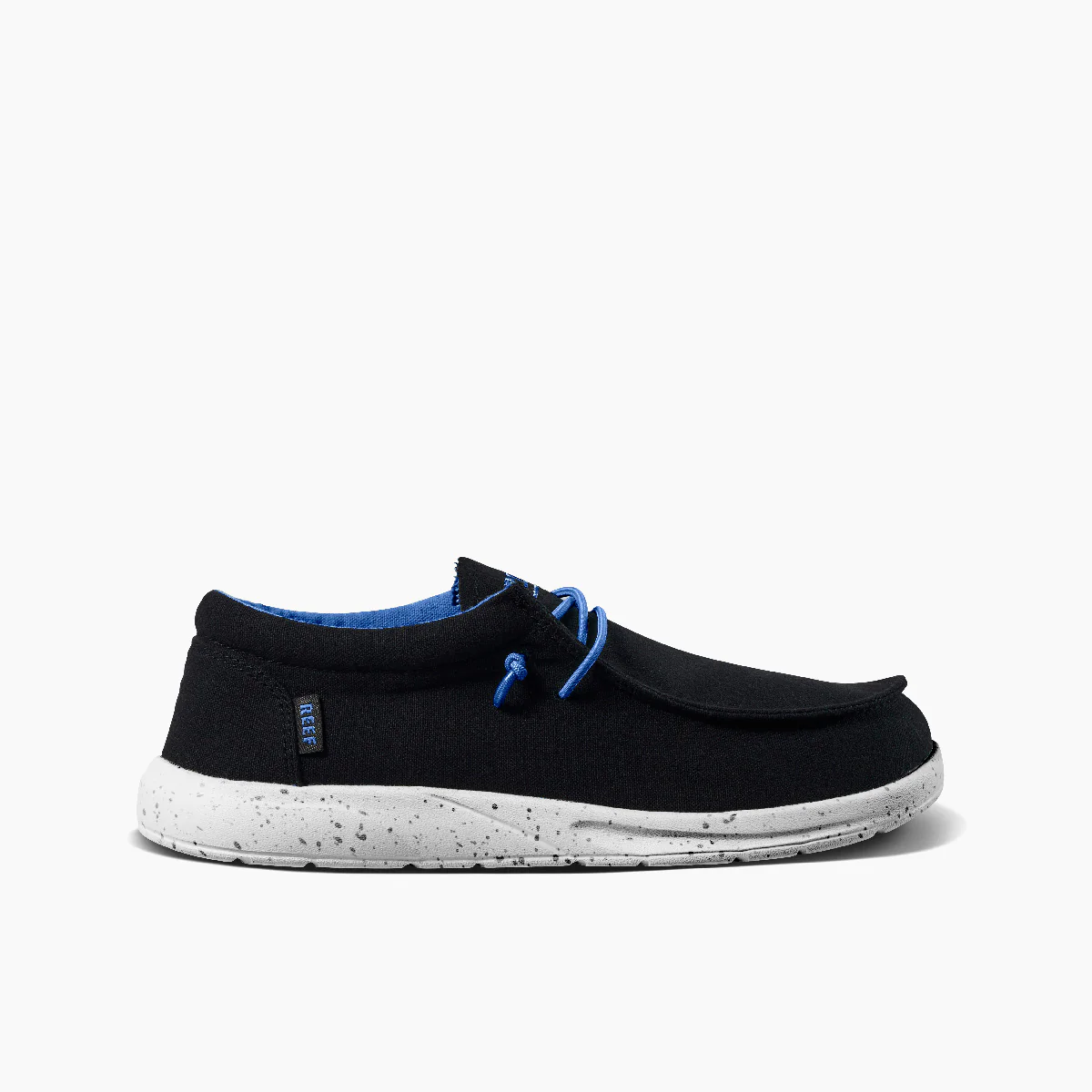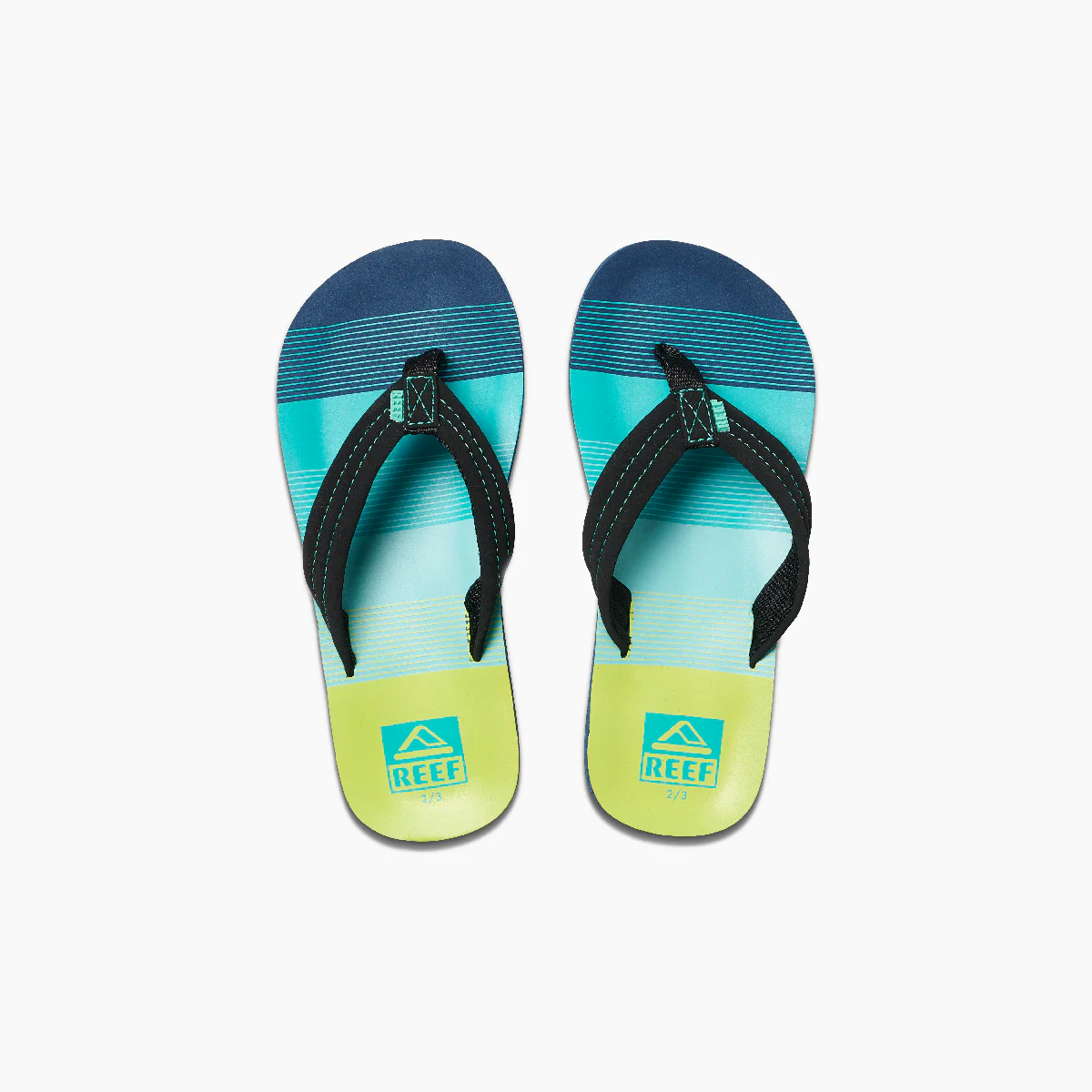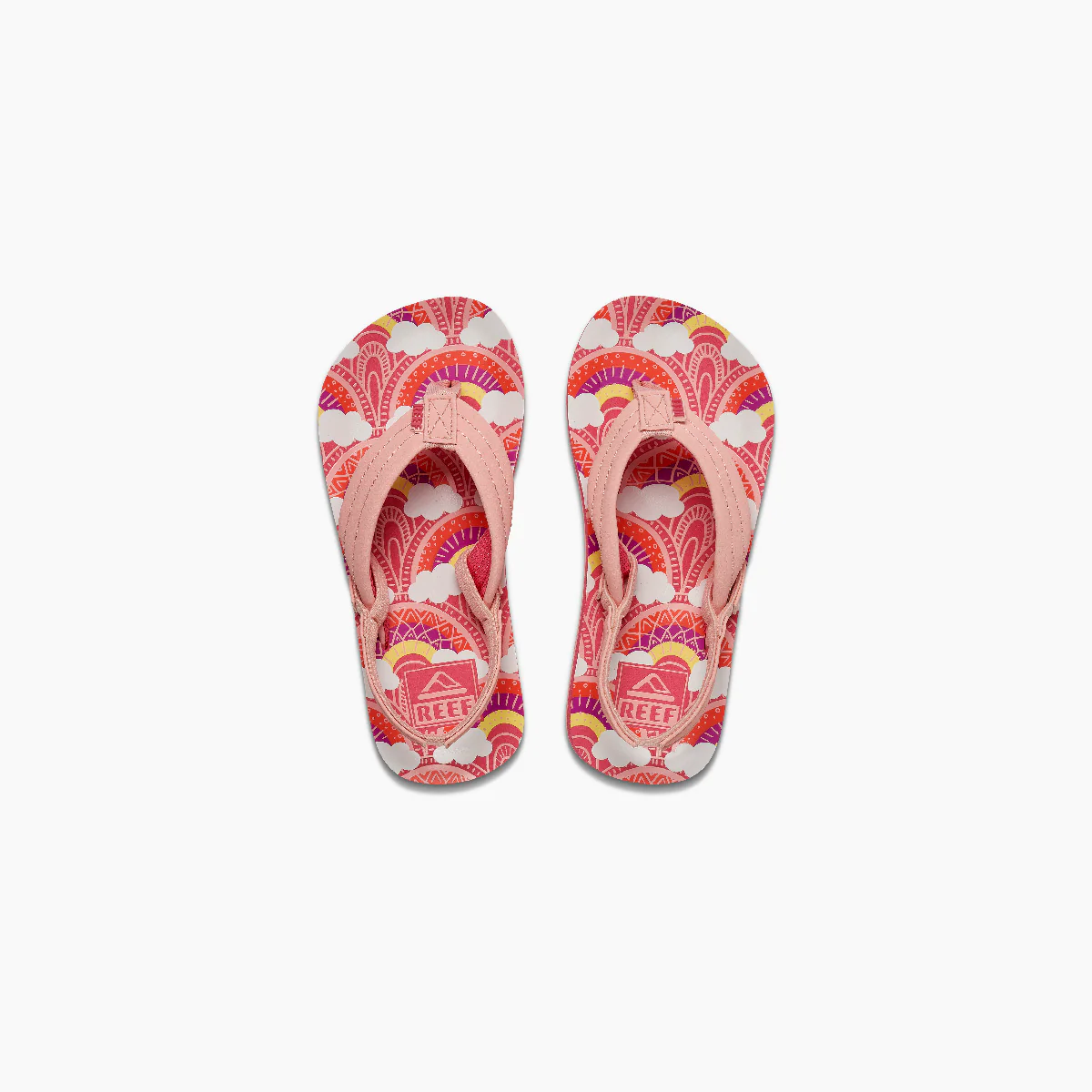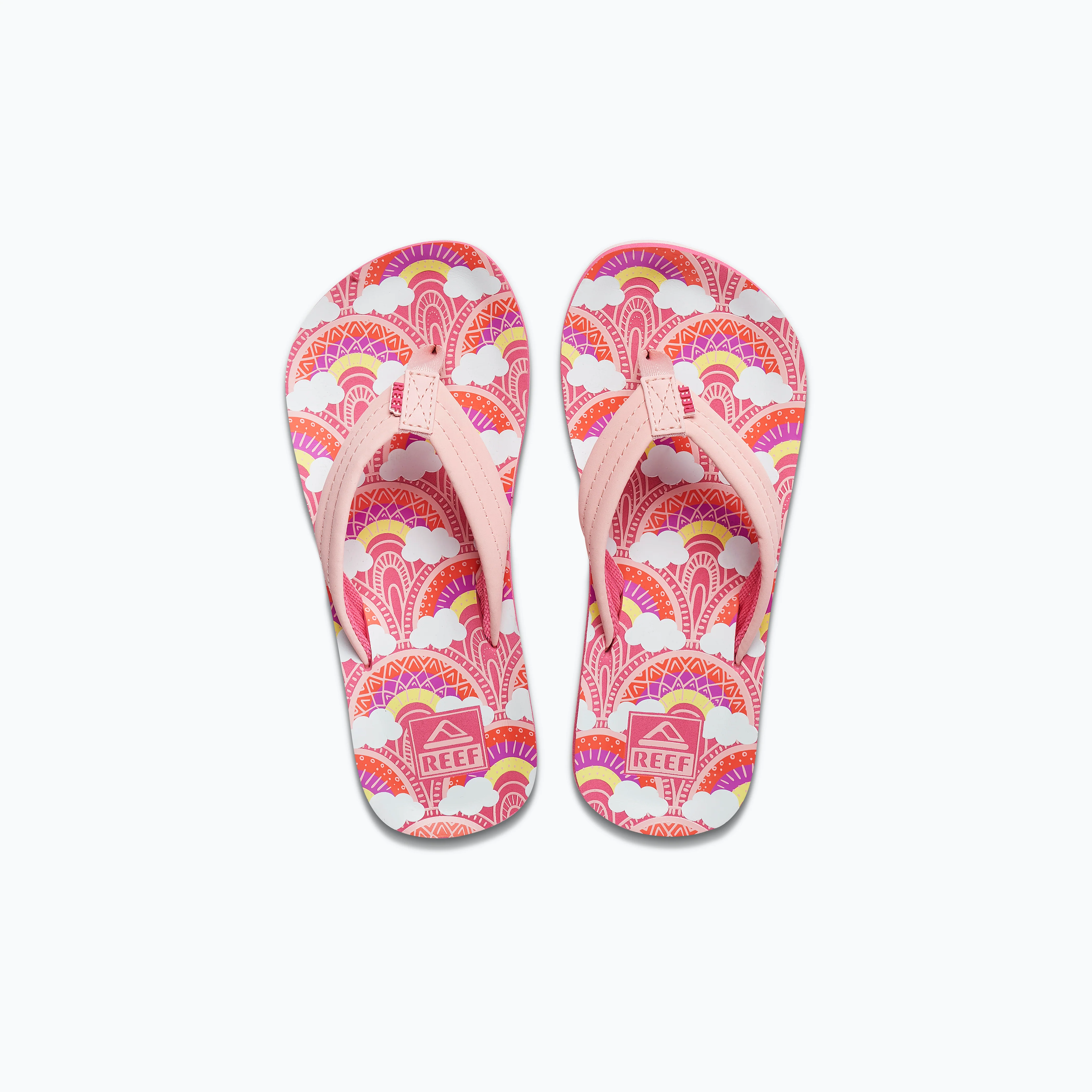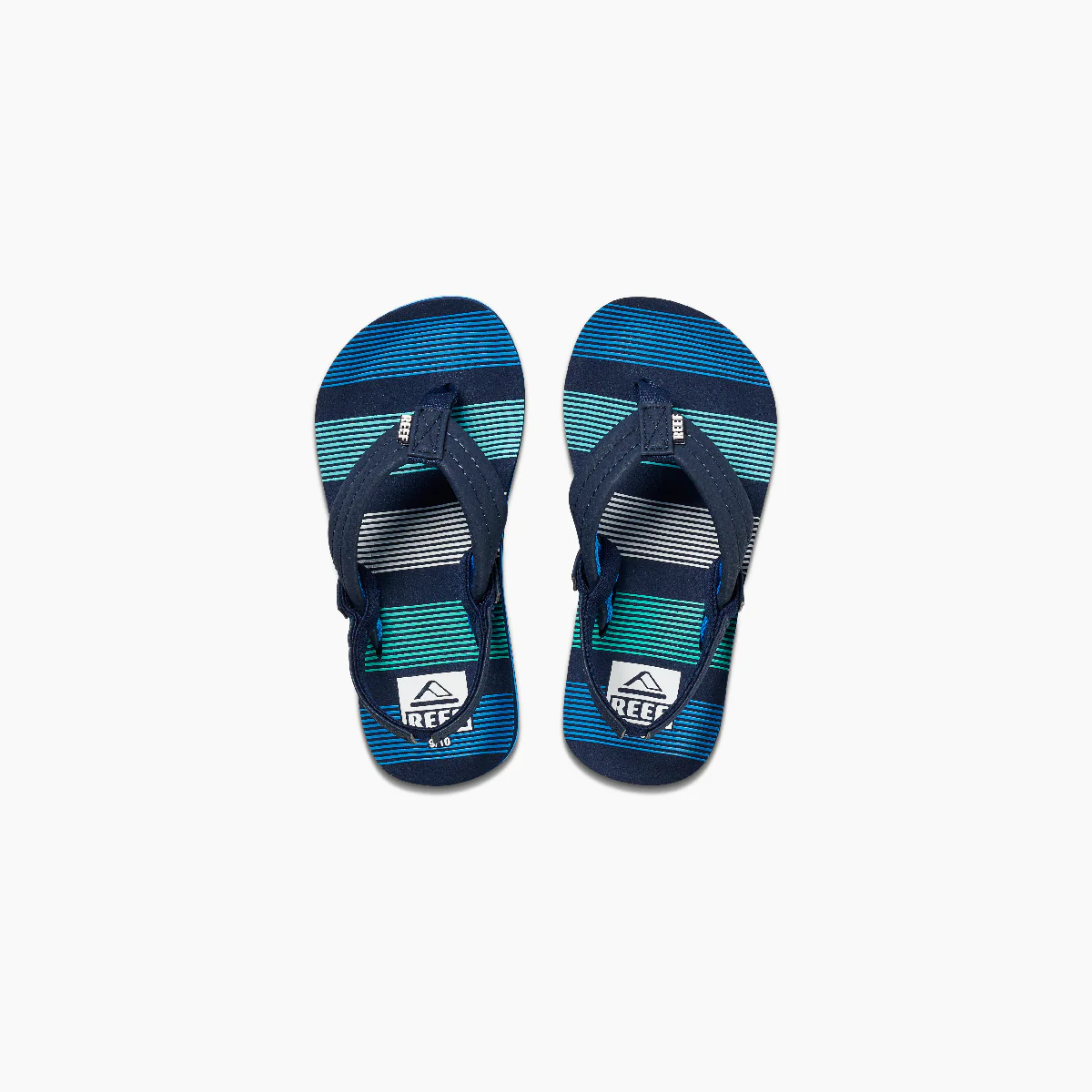ALL ABOUT OUR OCEANS – WORLD REEF DAY 2020
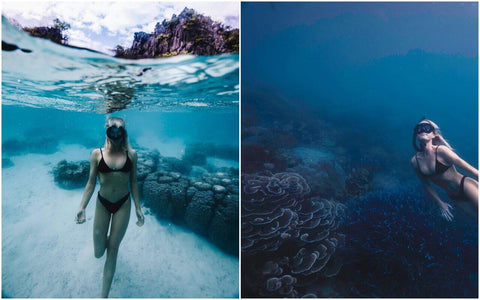
The ocean’s delicate ecosystems are all intertwined and we’re a part of that. Making small changes as individuals can add up to large-scale impacts for our ocean, and especially our reefs.
Did you know that chemical sunscreens are harming coral reefs around the world? Scientists estimate that up to 14,000 tons of sunscreen enter our marine waterways each year. Even when used and washed off at home, toxic sunscreen chemicals can remain in the wastewater stream after treatment. From there, they can end up in lakes, rivers and eventually the ocean, where they harm corals and other marine life.
With so many sunscreens out there to choose from, how do you know if a sunscreen is really “reef friendly”?
For some guidance on choosing reef-friendly sunscreens, we asked our friends at Surfrider Foundation, and gathered some of their tips and rules of thumbs. “While sunscreen chemicals are not the only stressor harming our coral reefs, they are a known threat that we can have complete control over,” said Surfrider Staff Scientist, Katie Day. “Switching to reef-friendly products, like non-nano mineral based sunscreen, both at the beach and upstream, is a powerful step we can all take to increase the resilience of our reefs and protect clean water and marine life.”
Read on to learn more about how to make the reef-friendly switch!
Check the label! The term “reef friendly isn’t regulated so check the active ingredients list to make sure your sunscreen does not contain the following harmful substances:
- Oxybenzone
- Octinoxate
- Octocrylene

